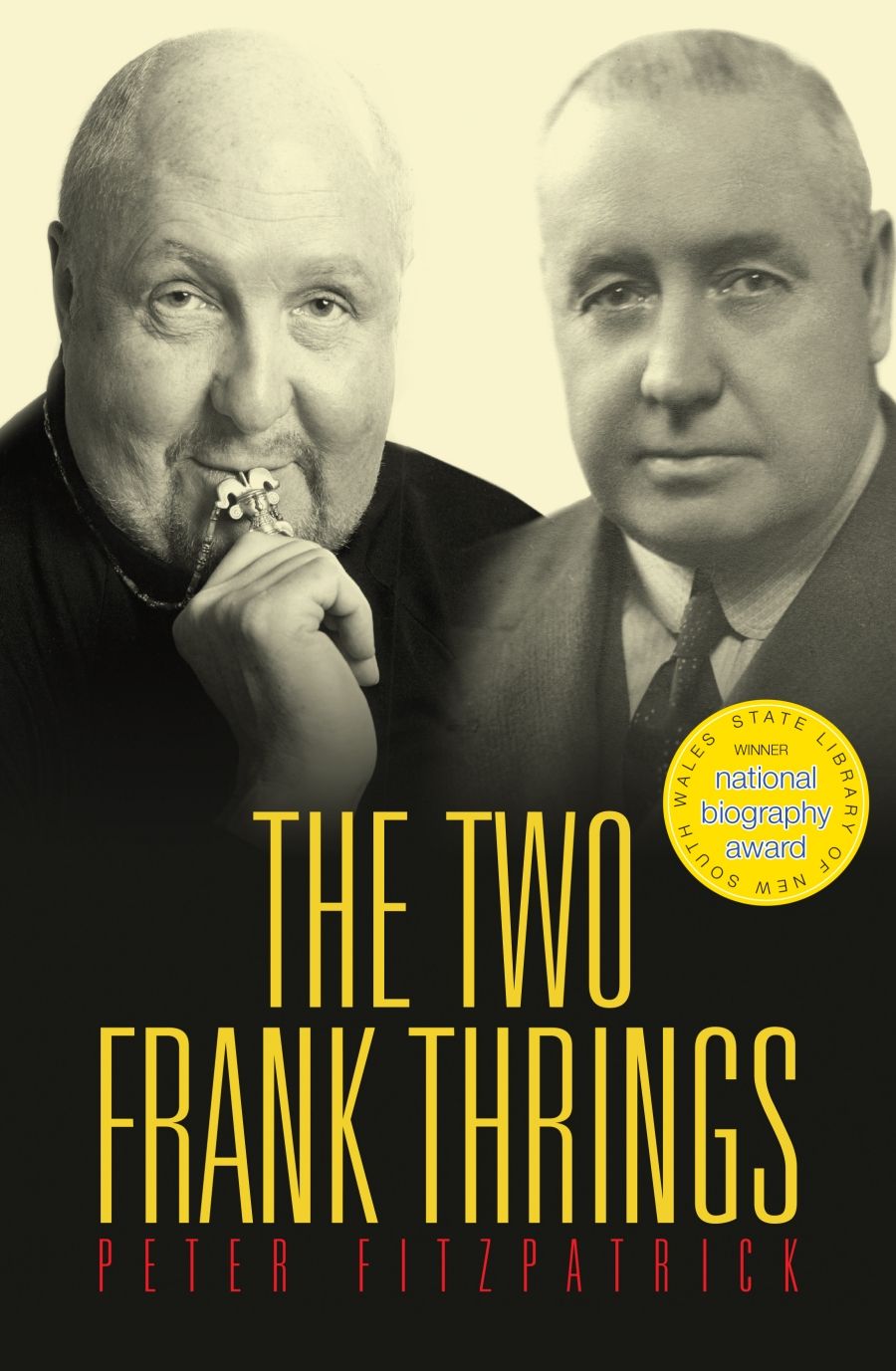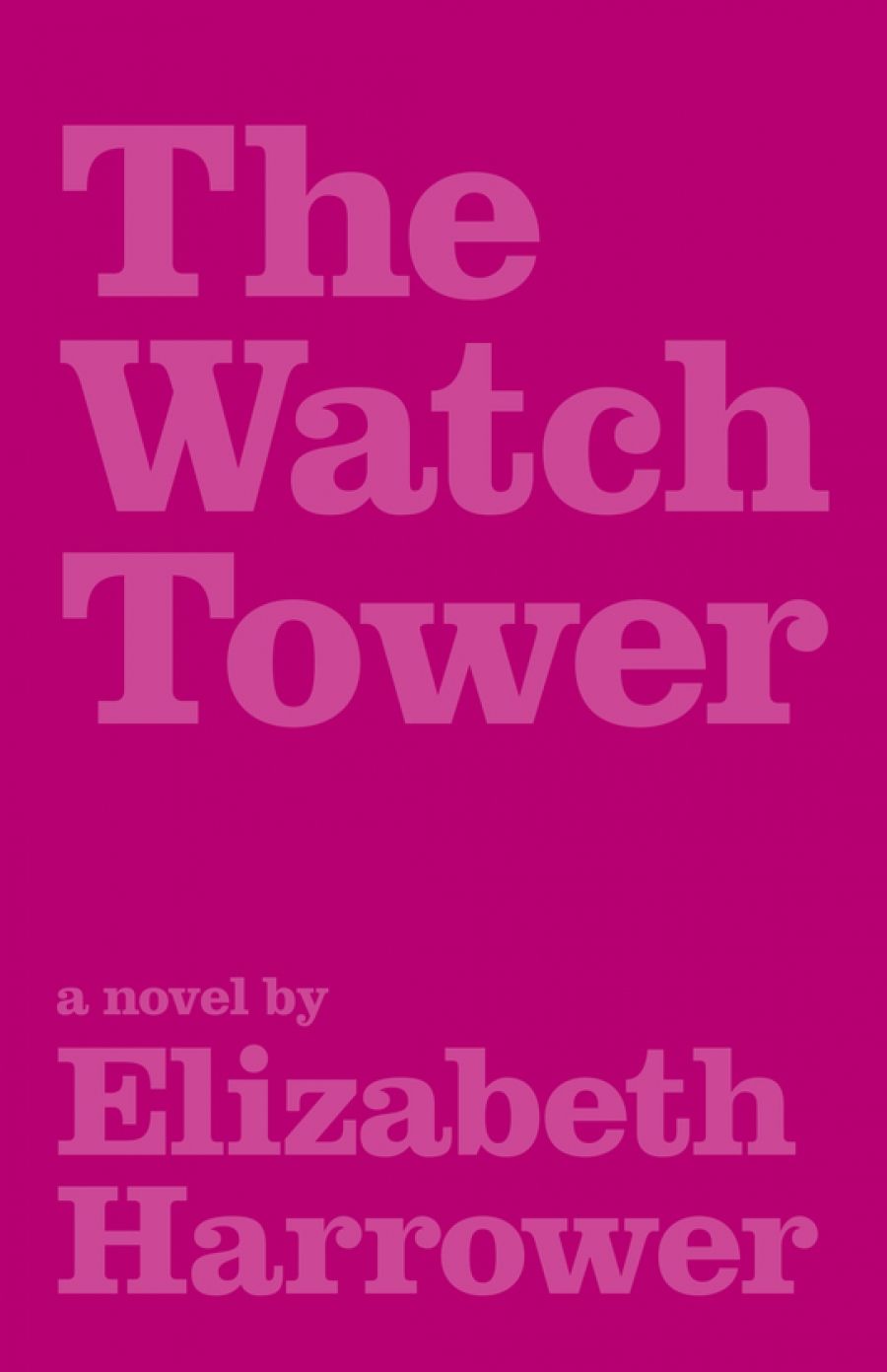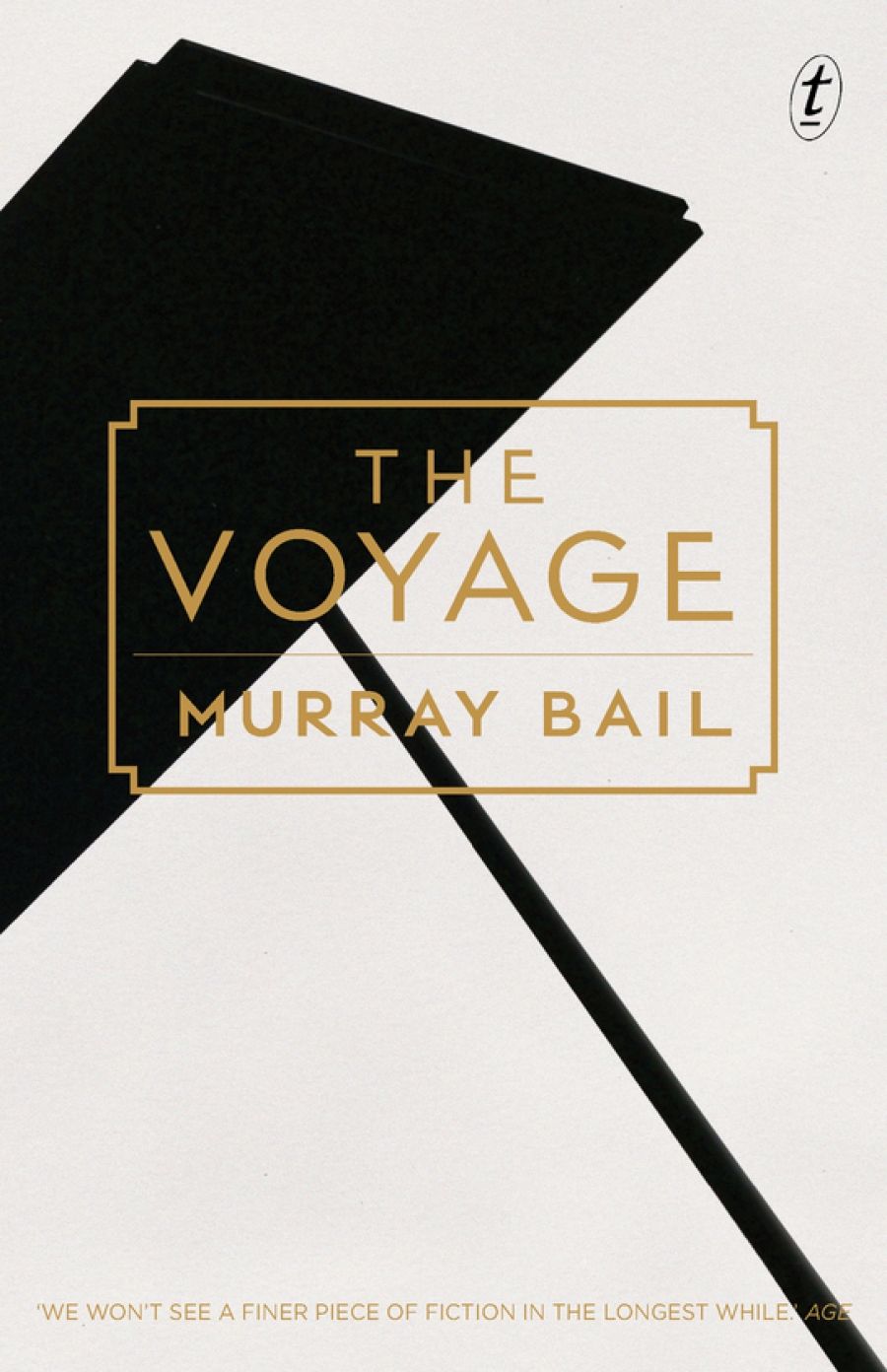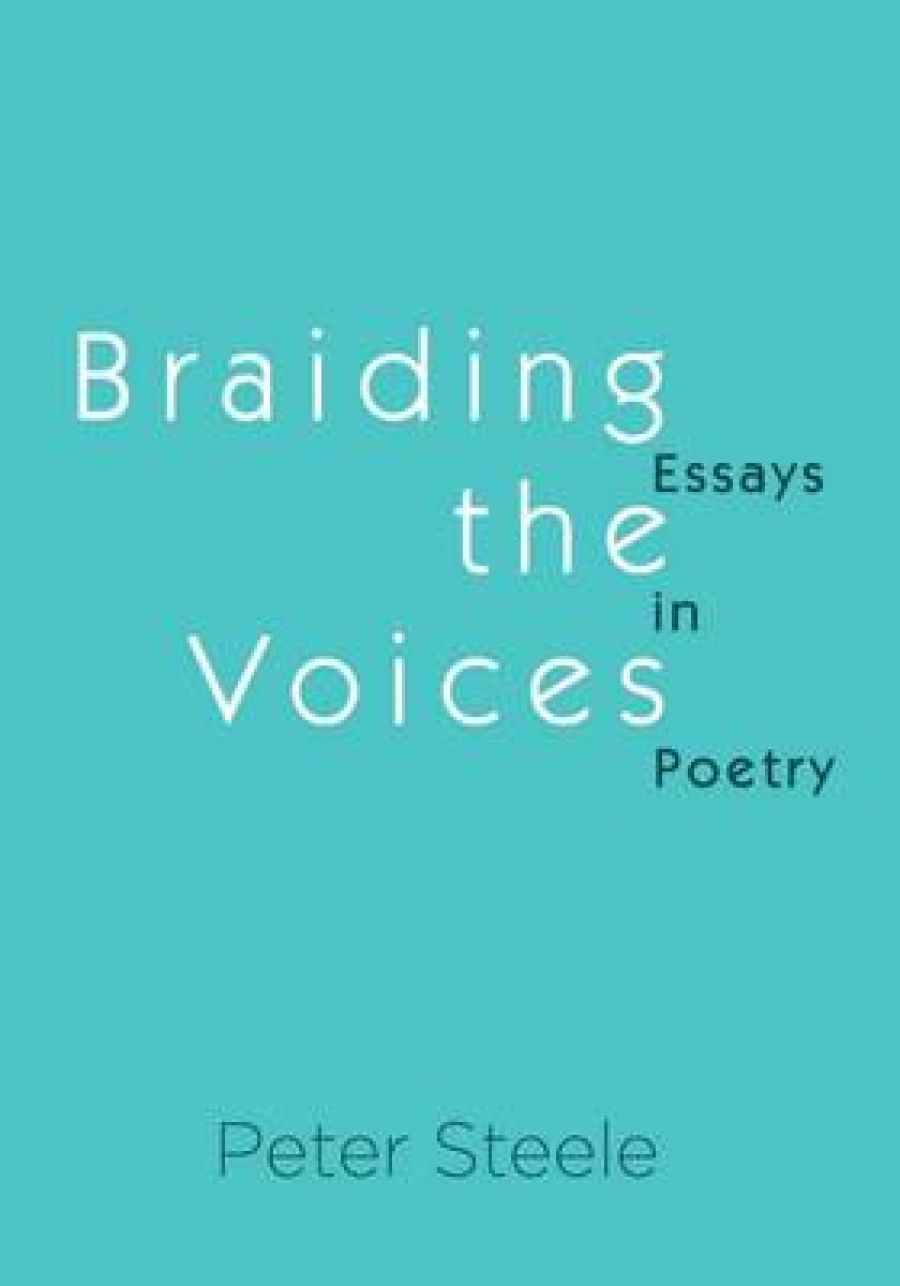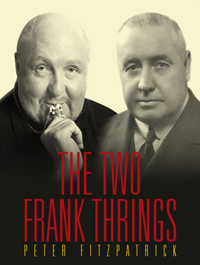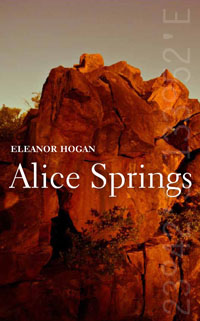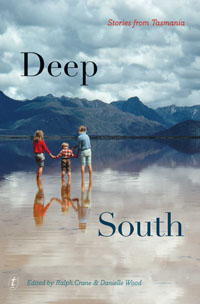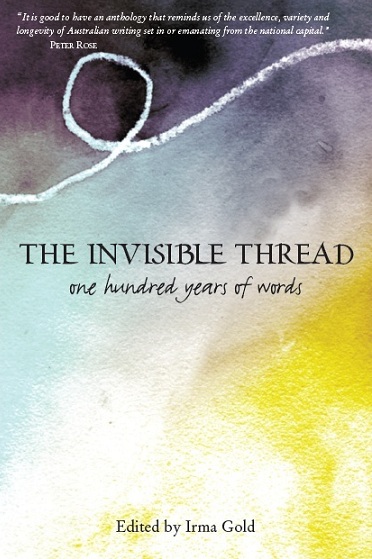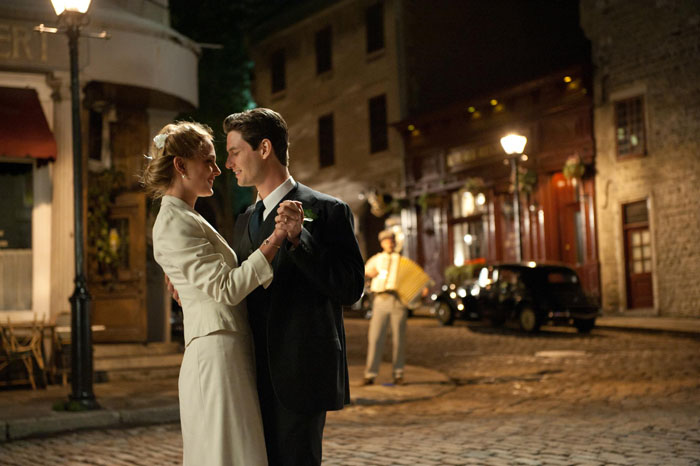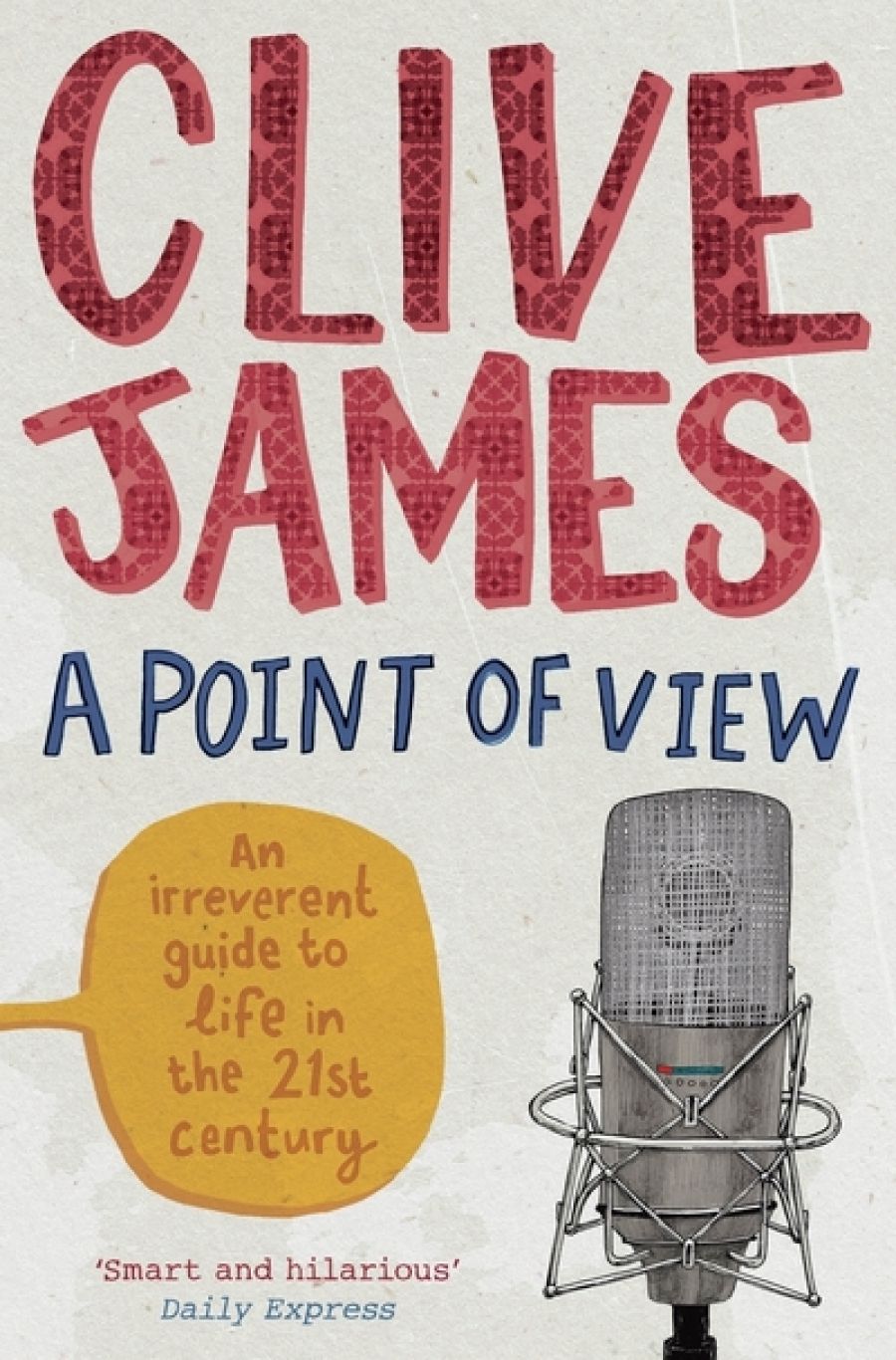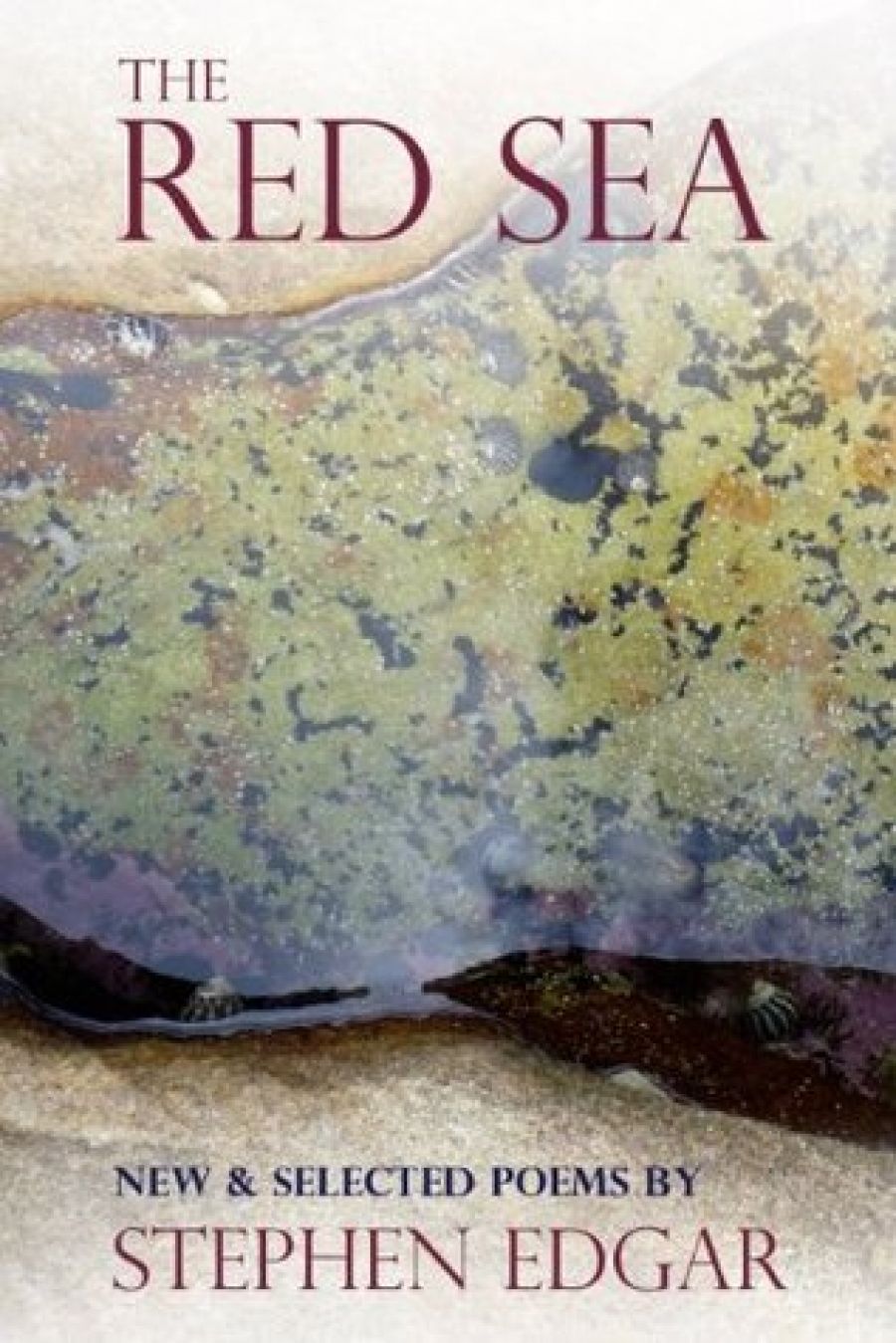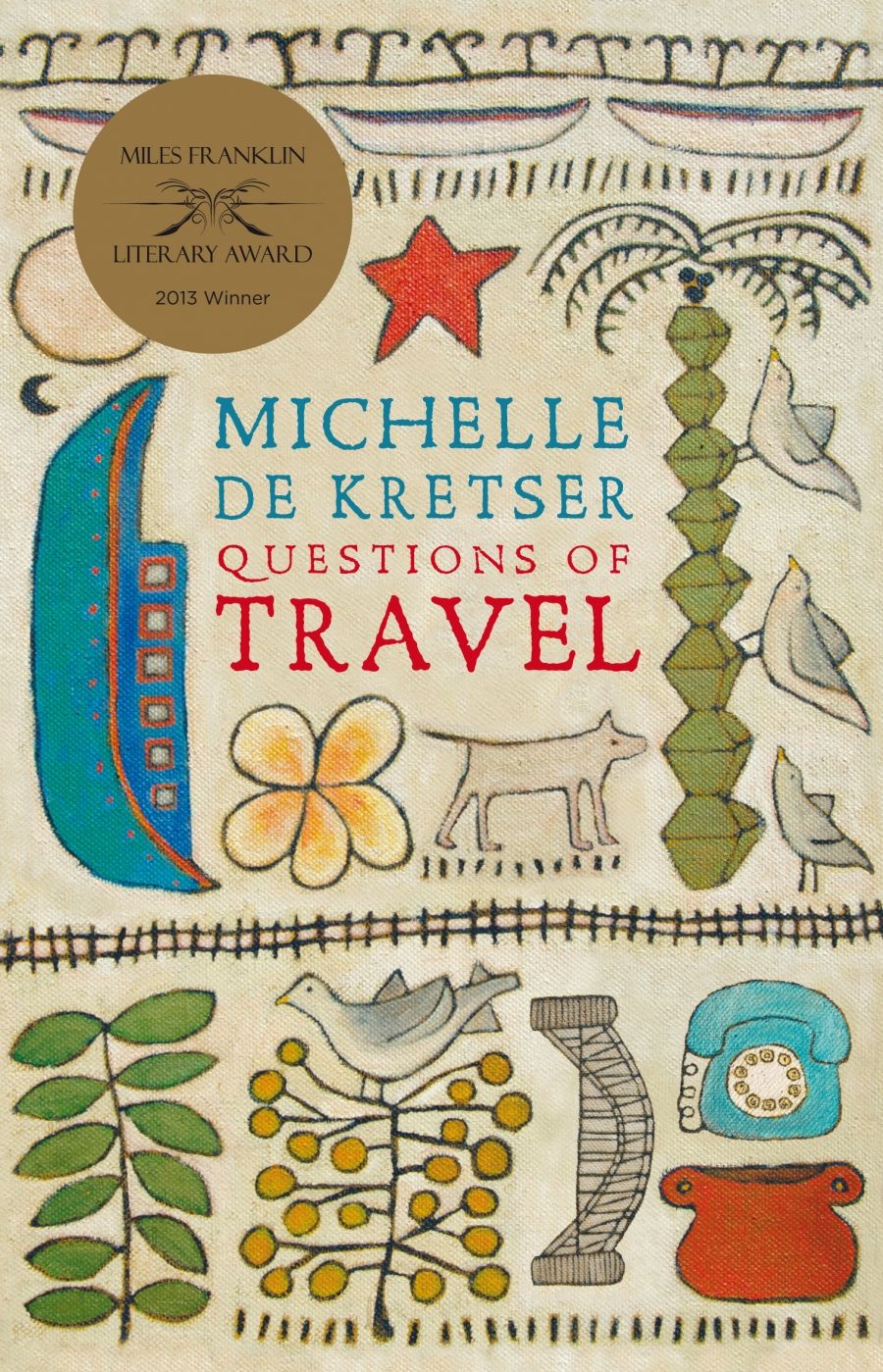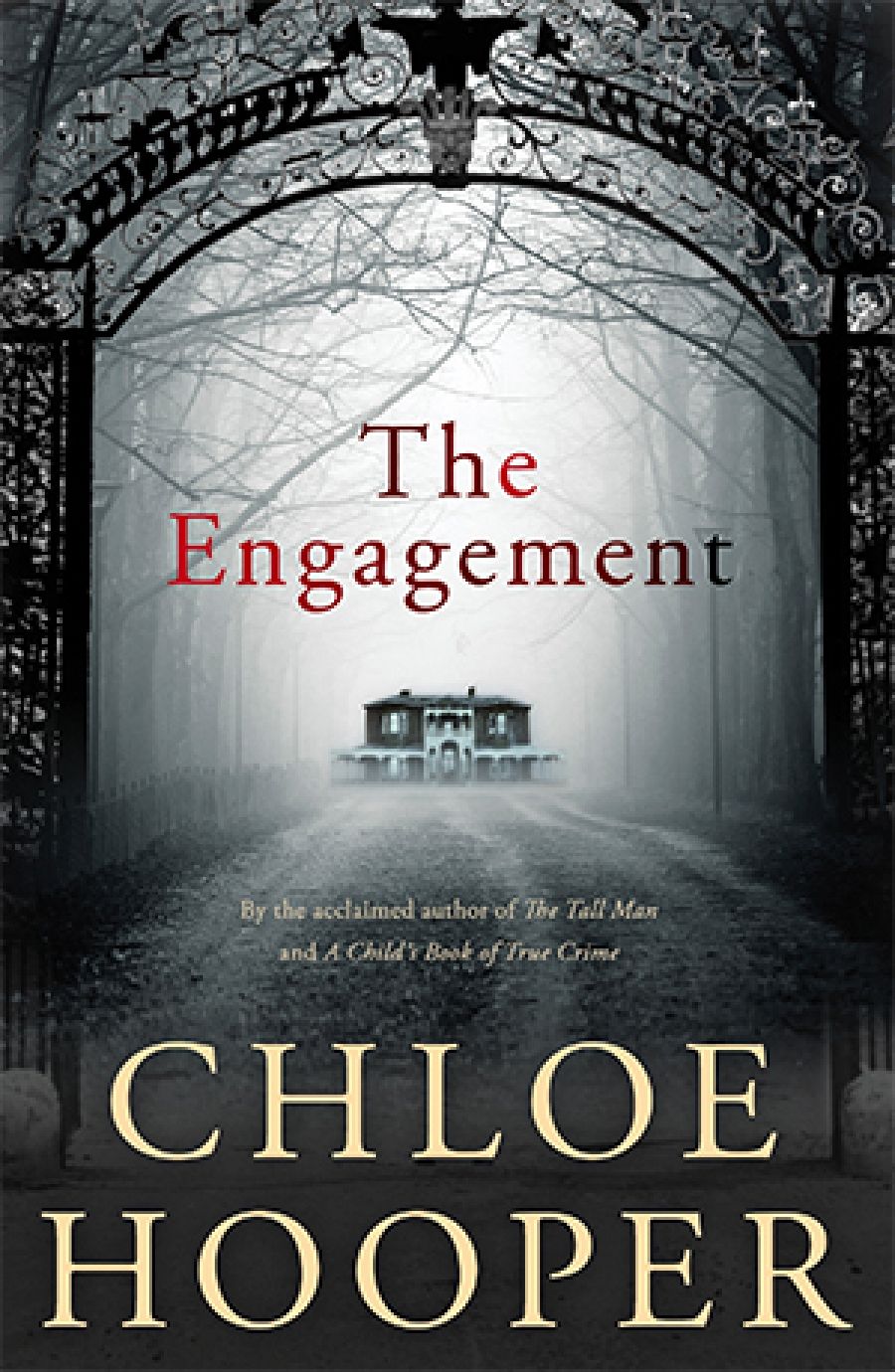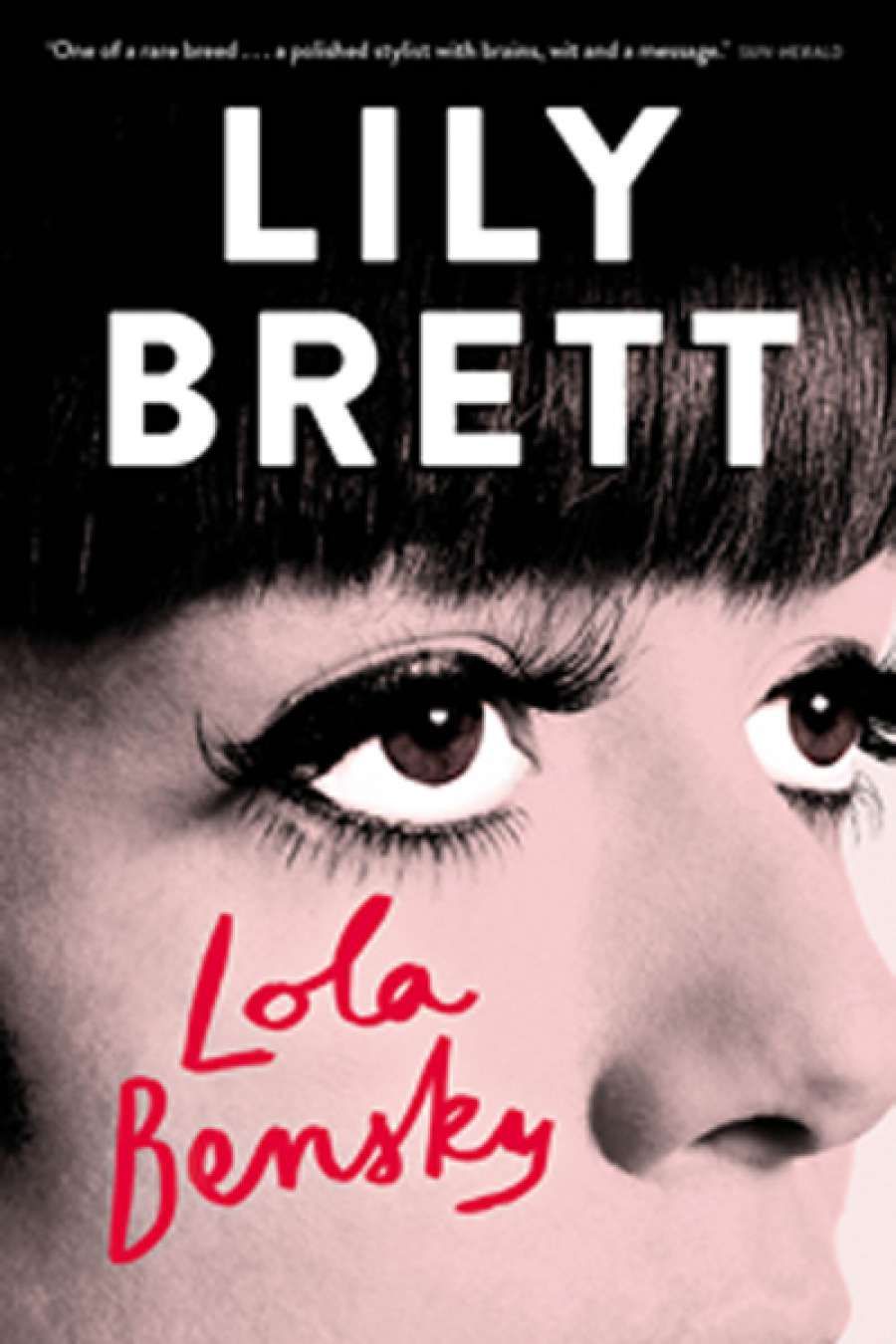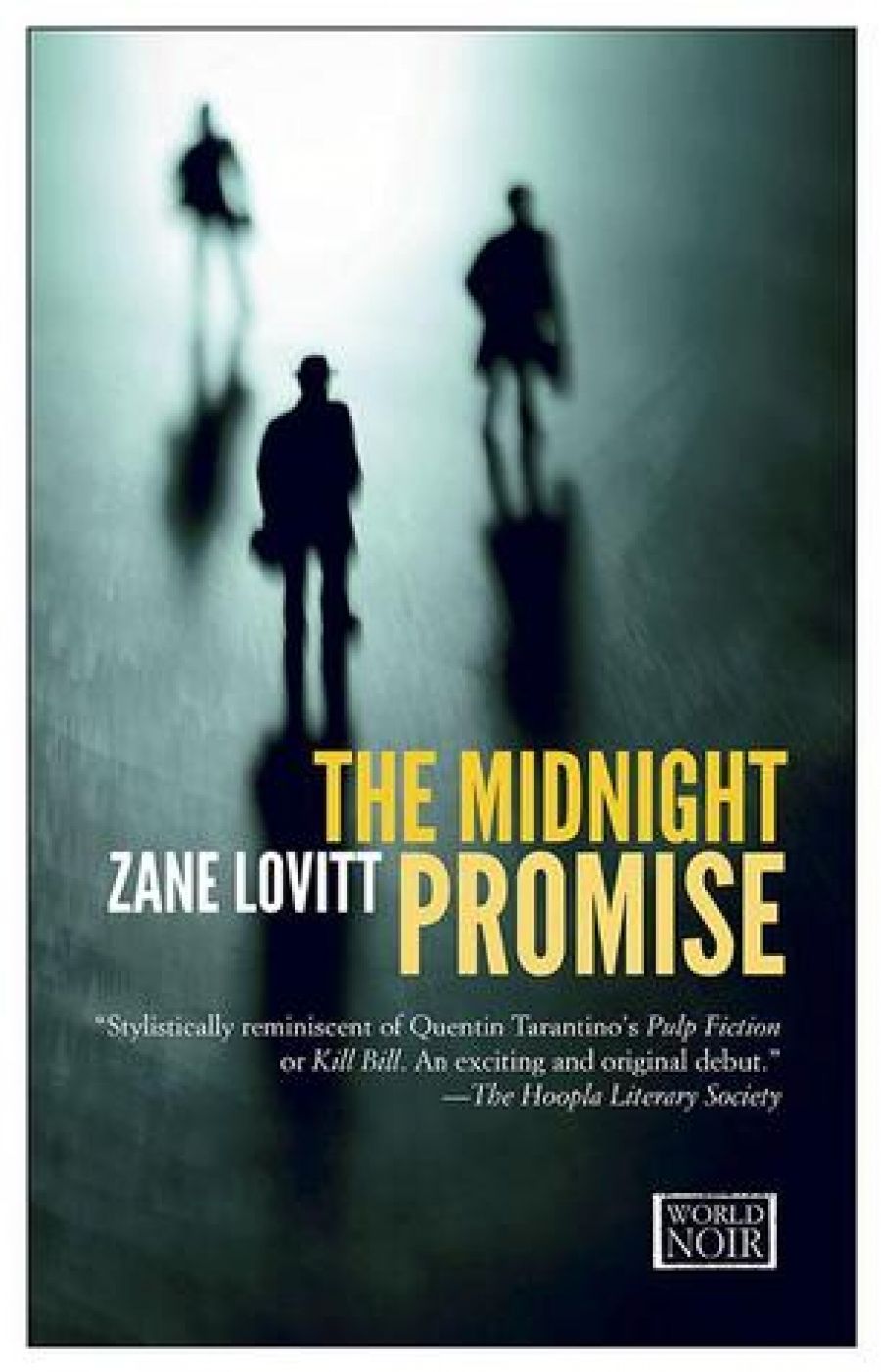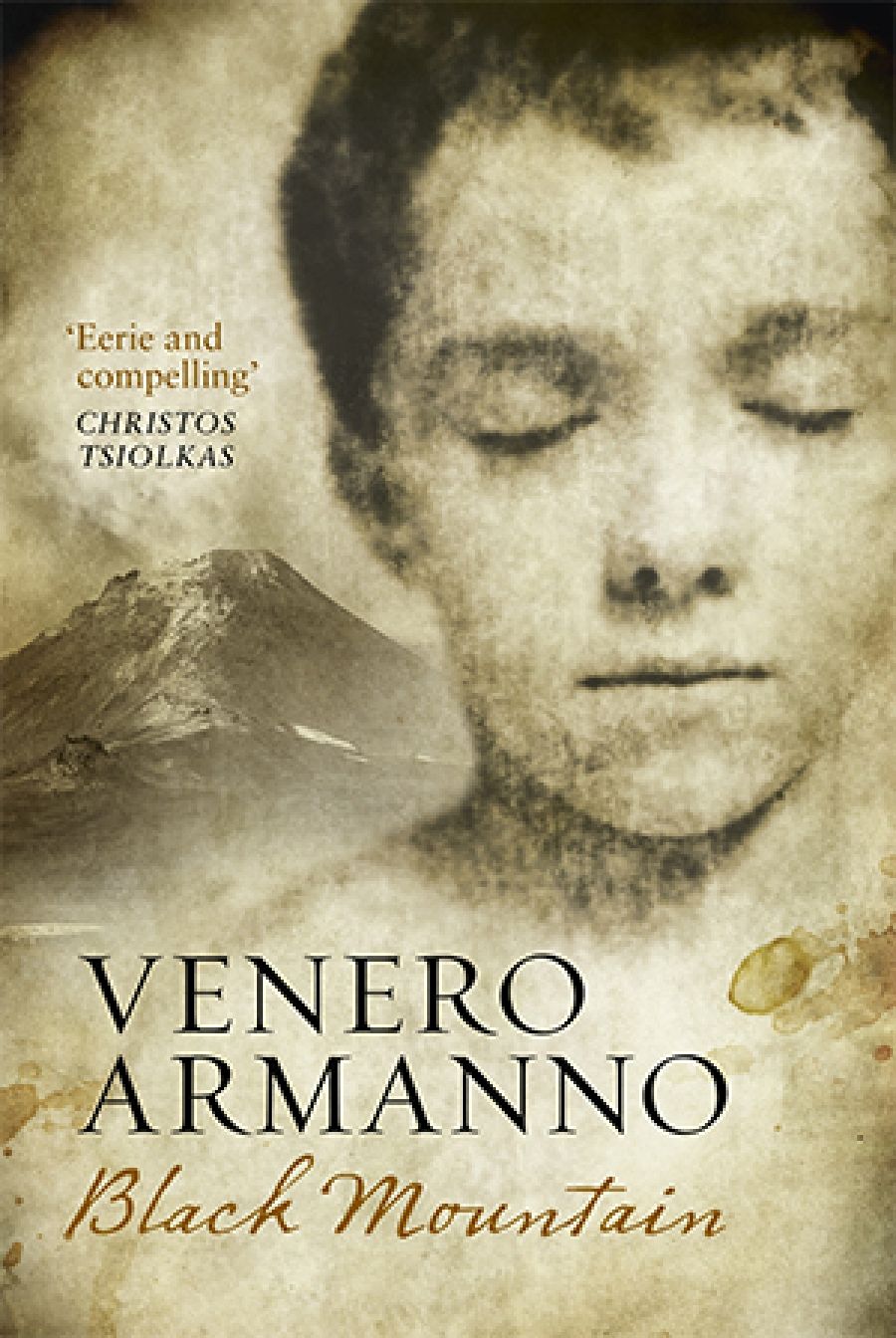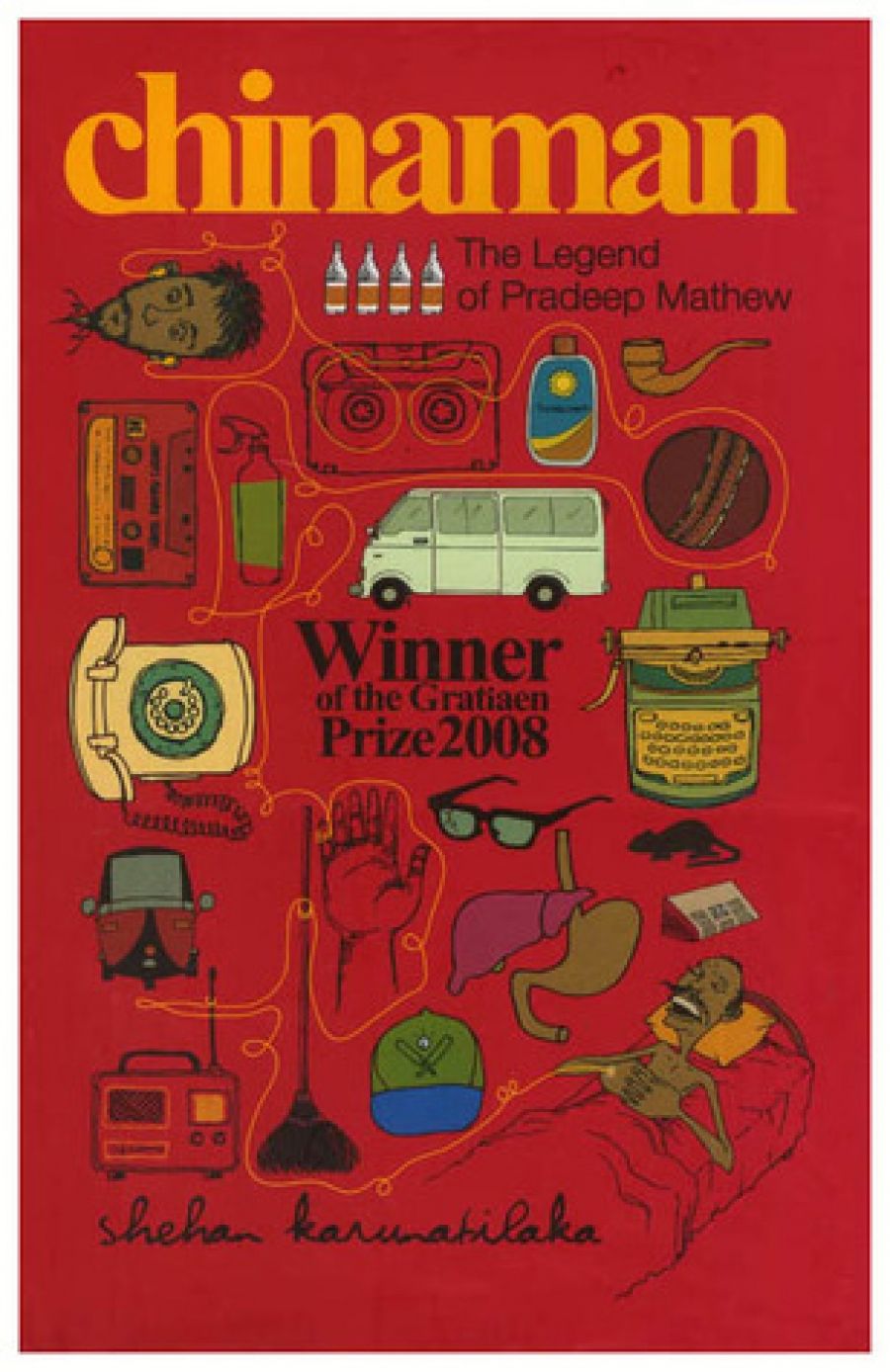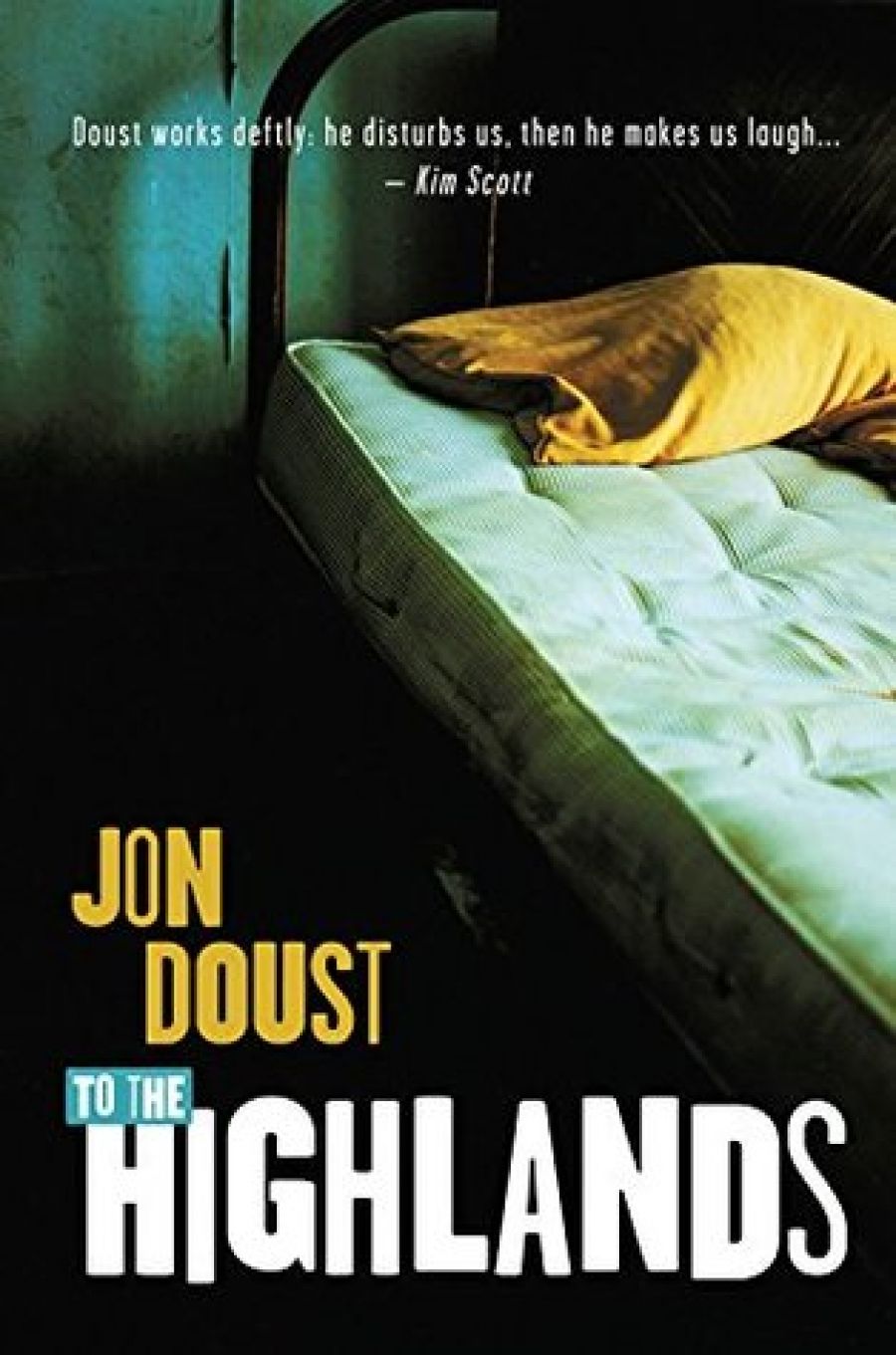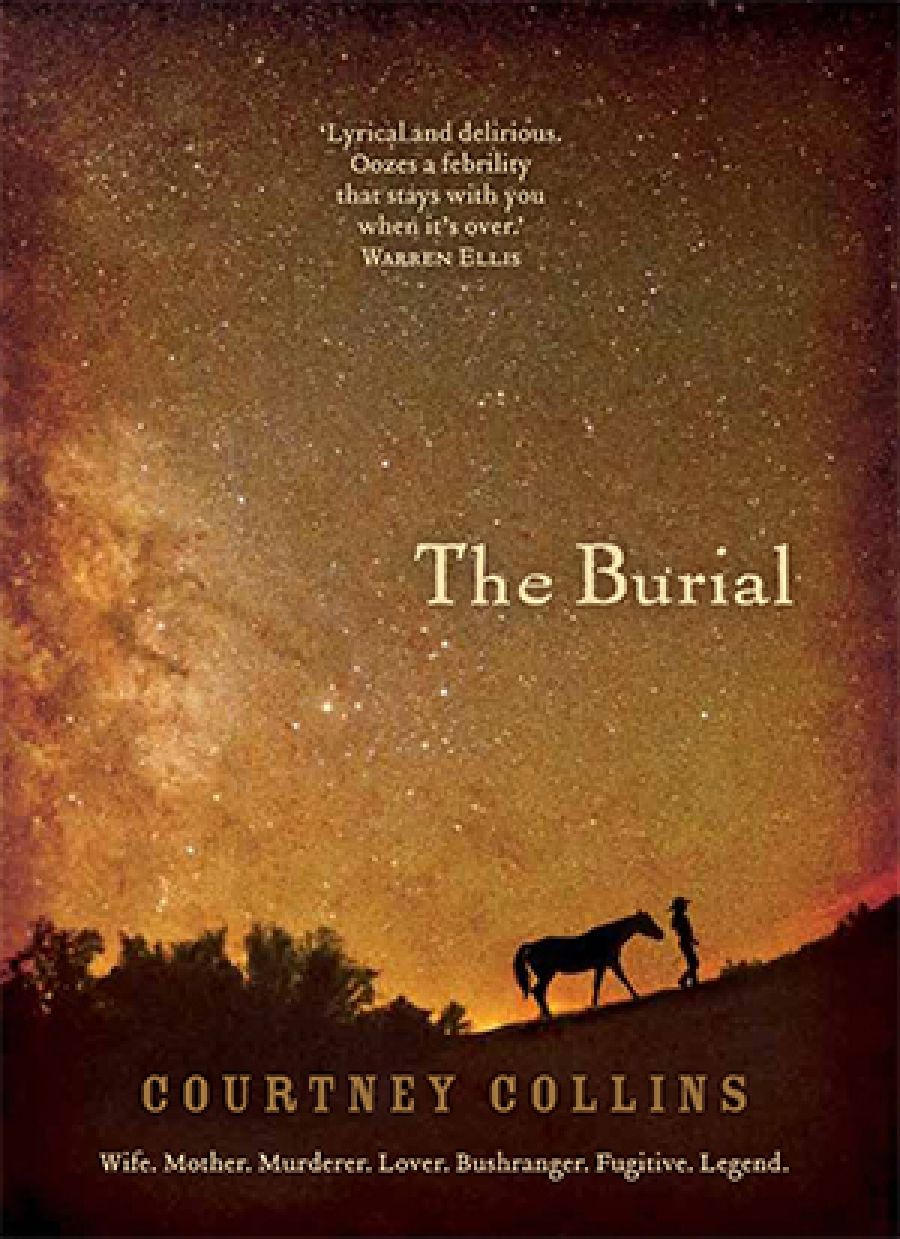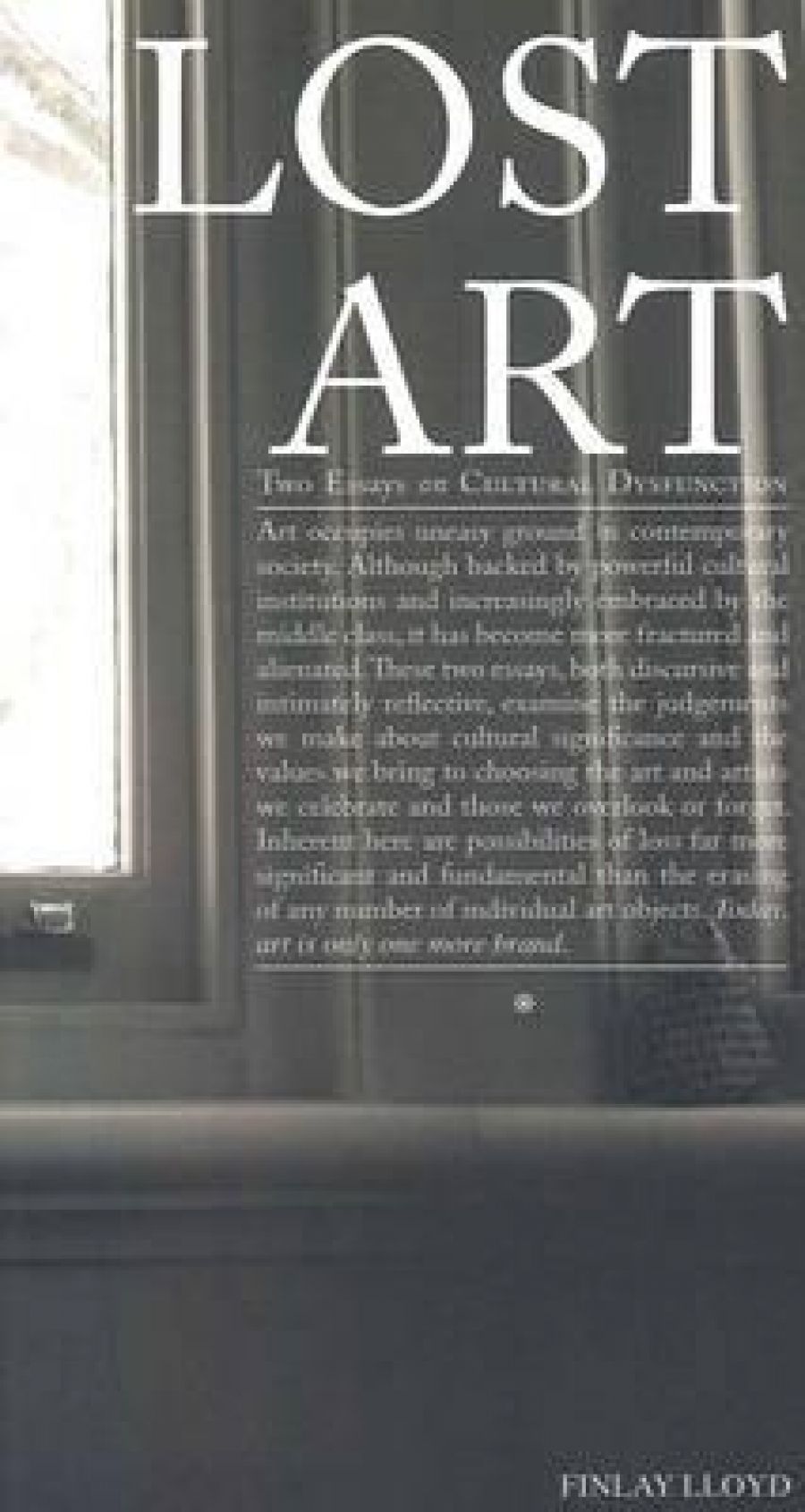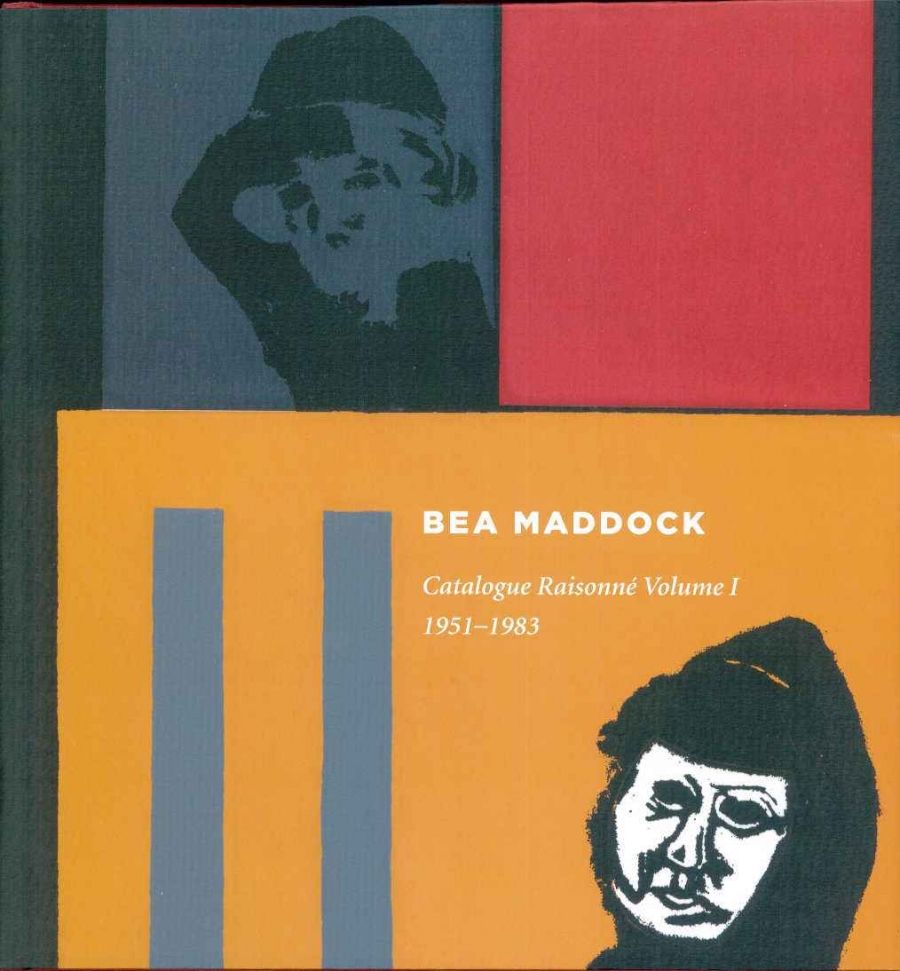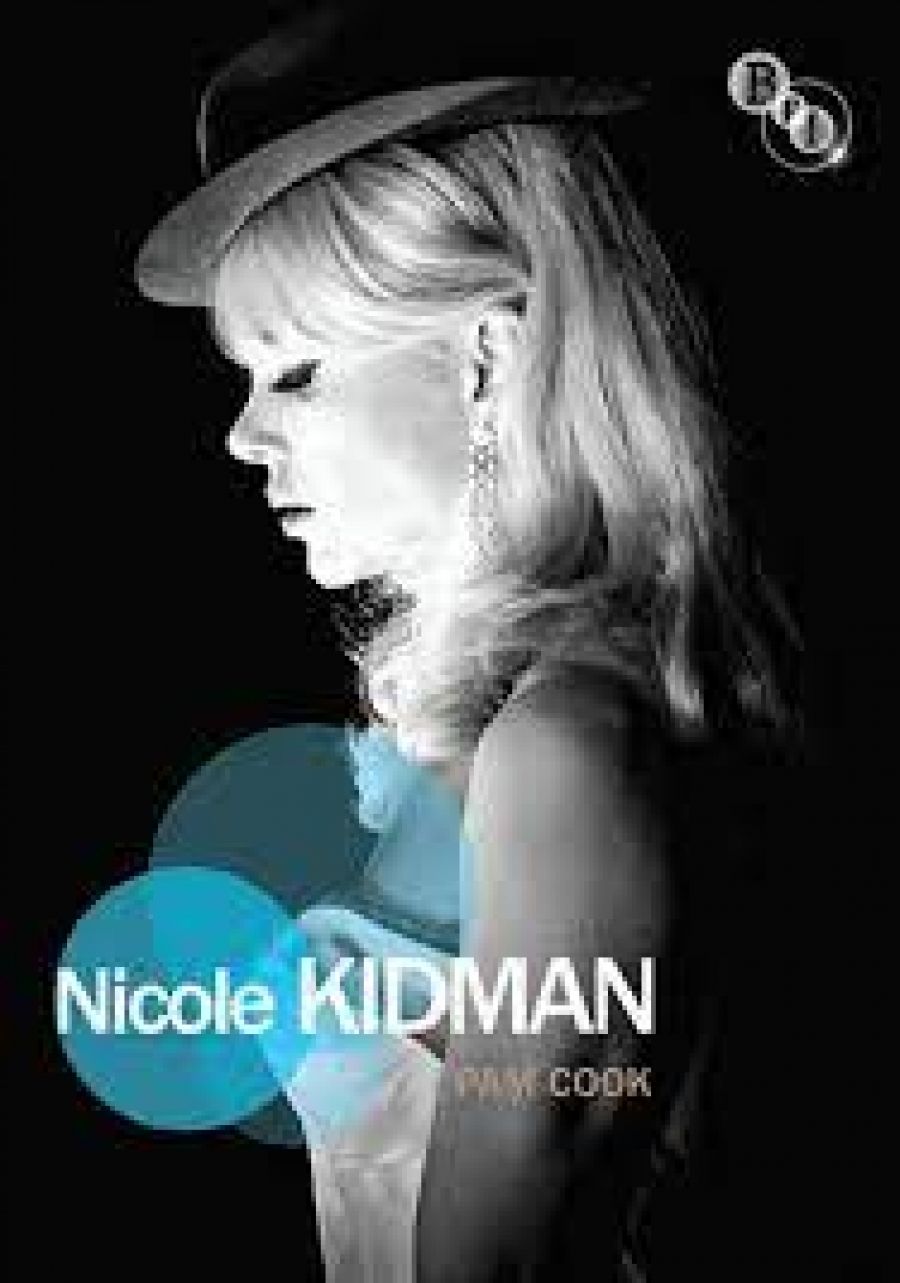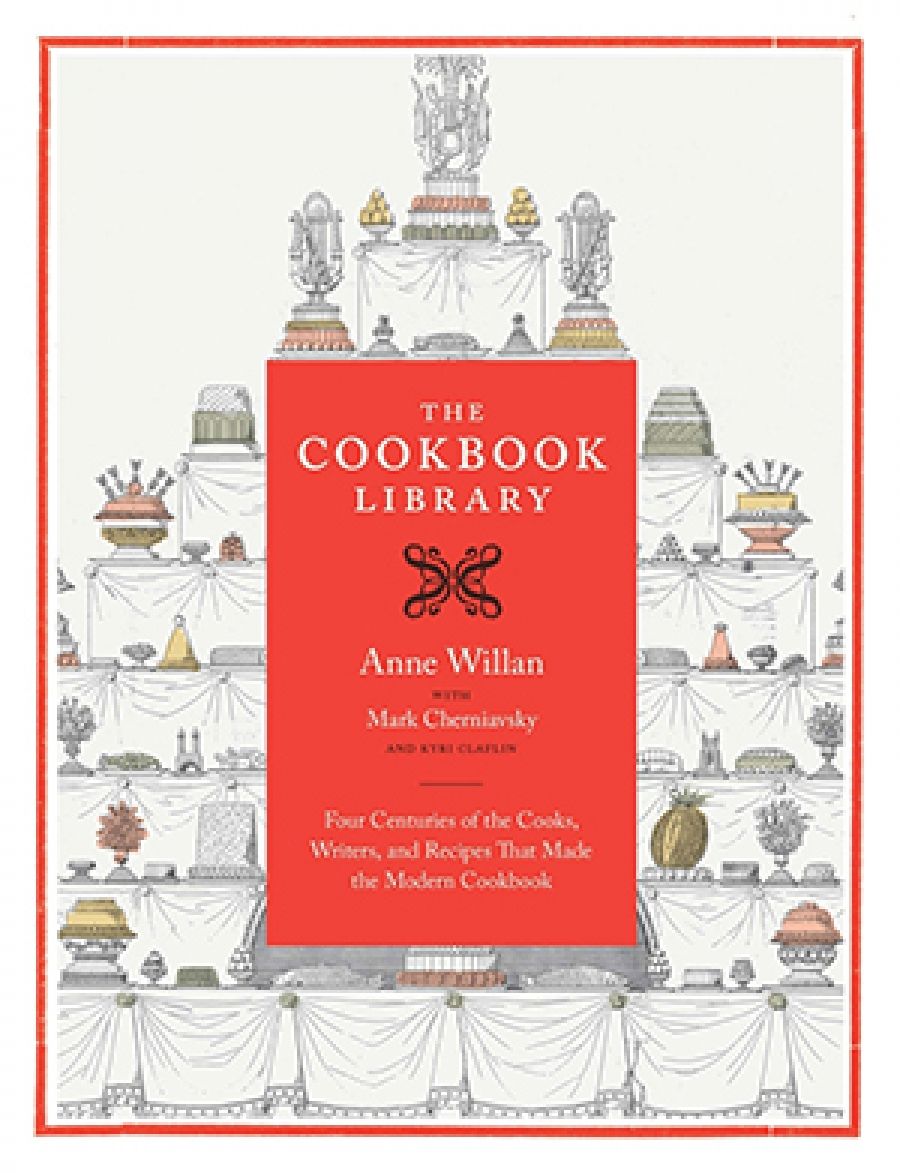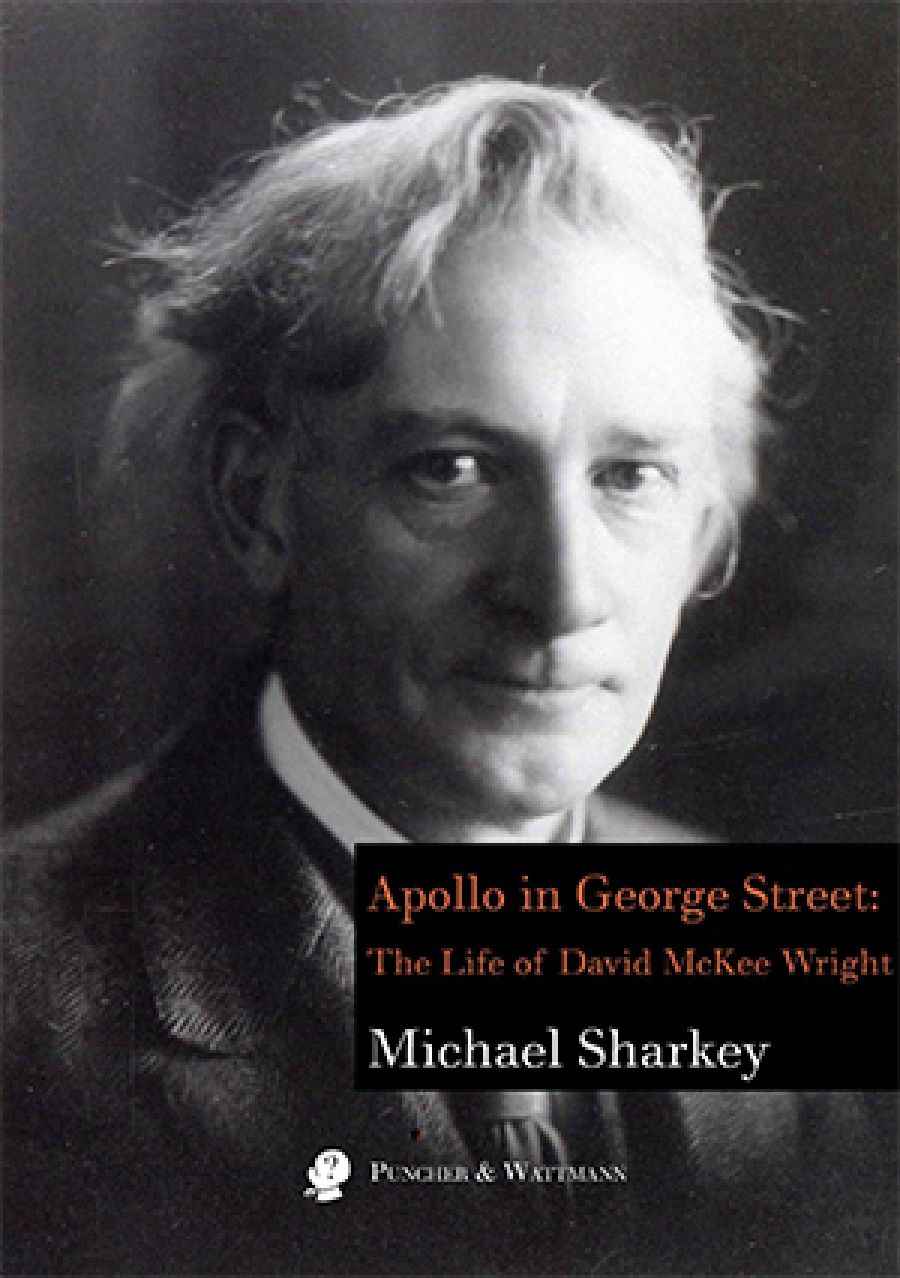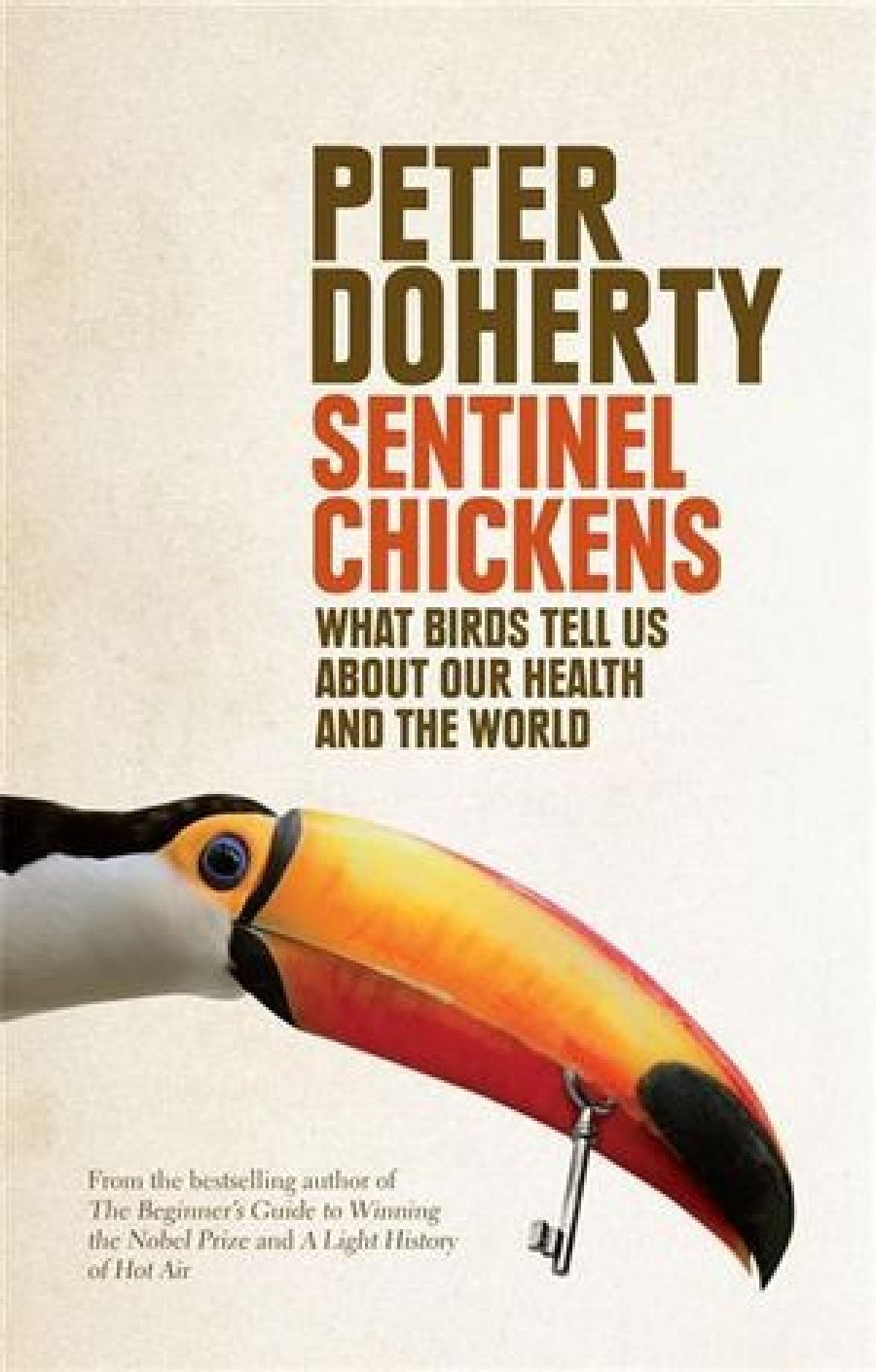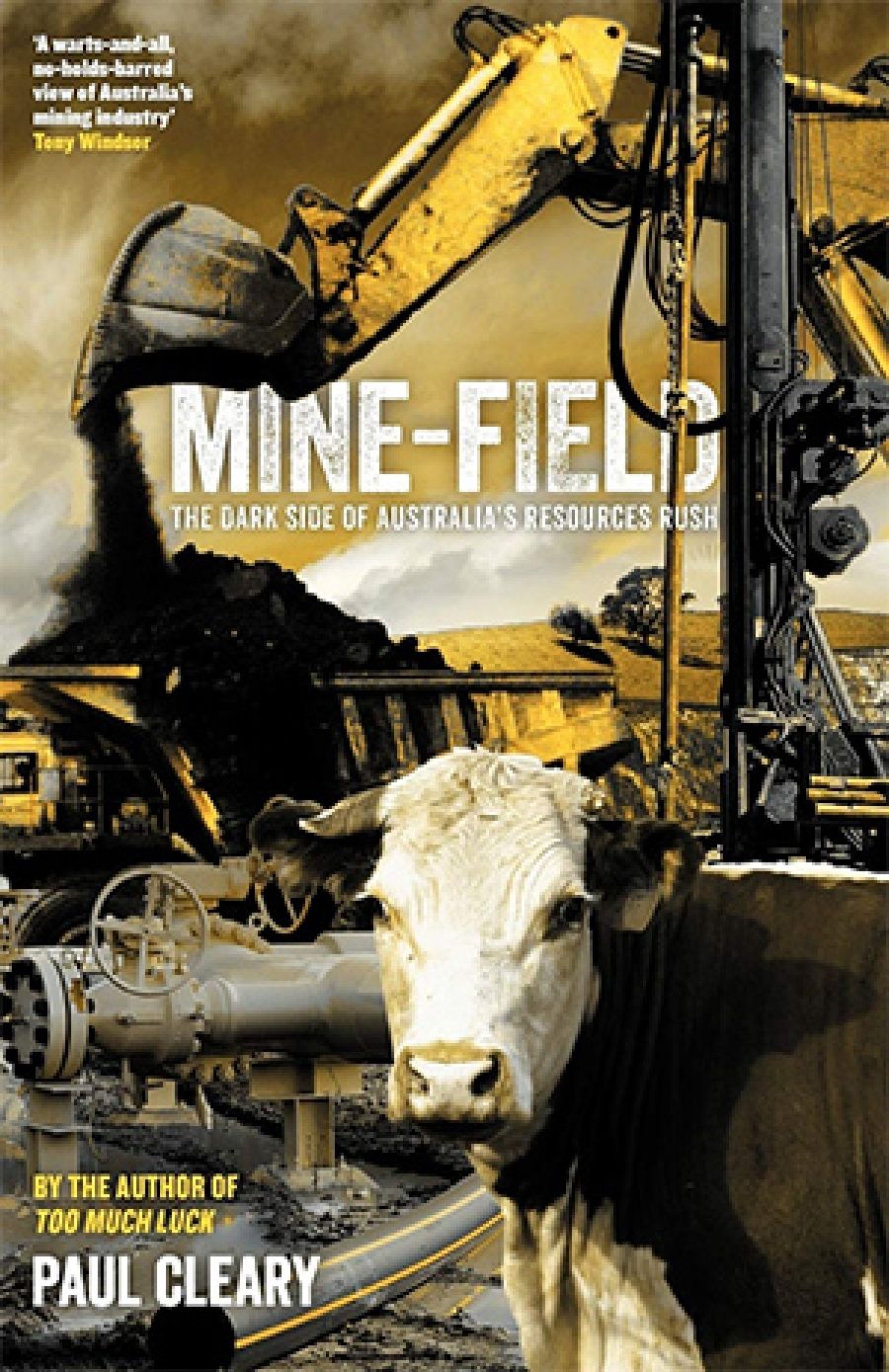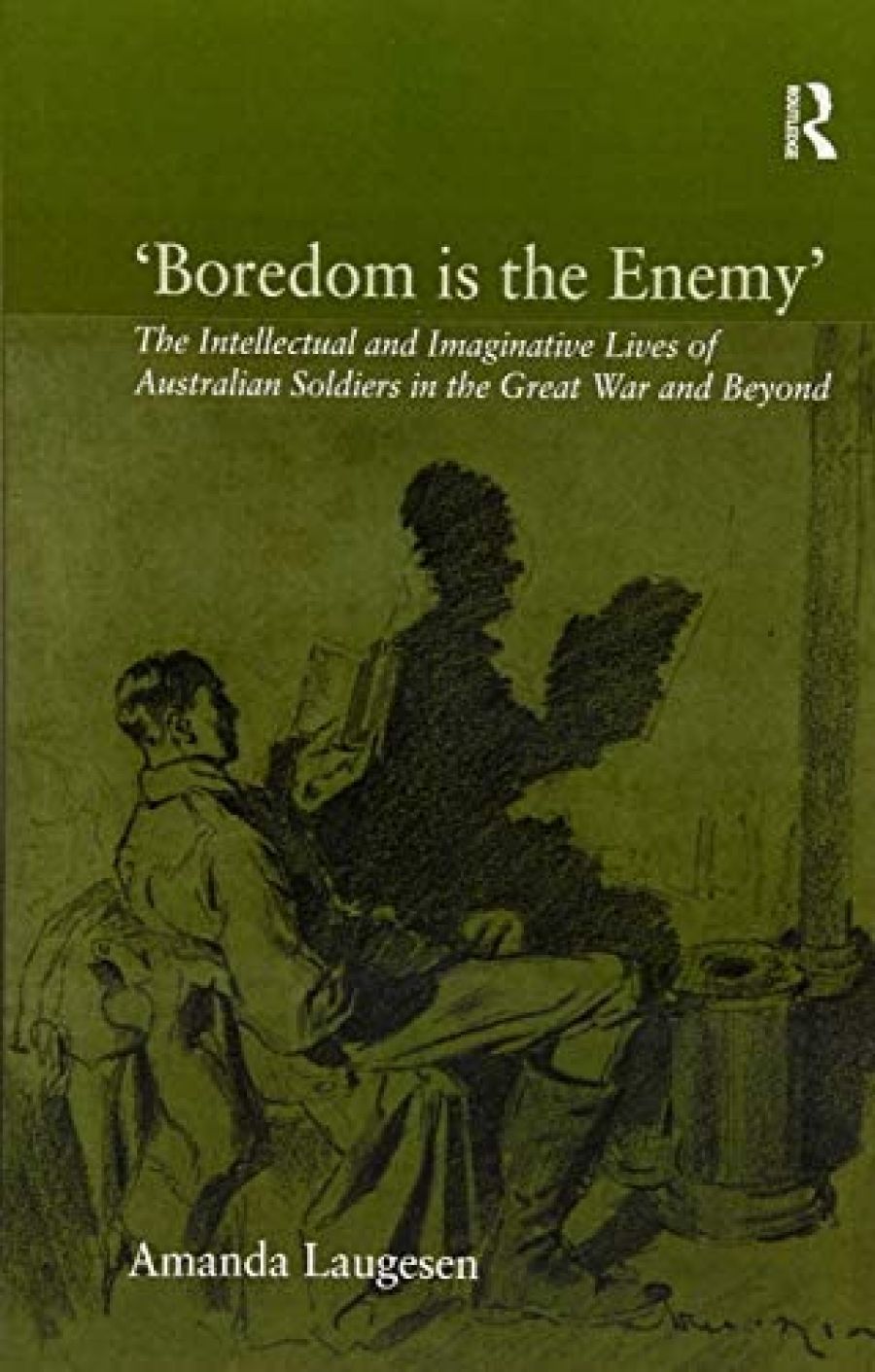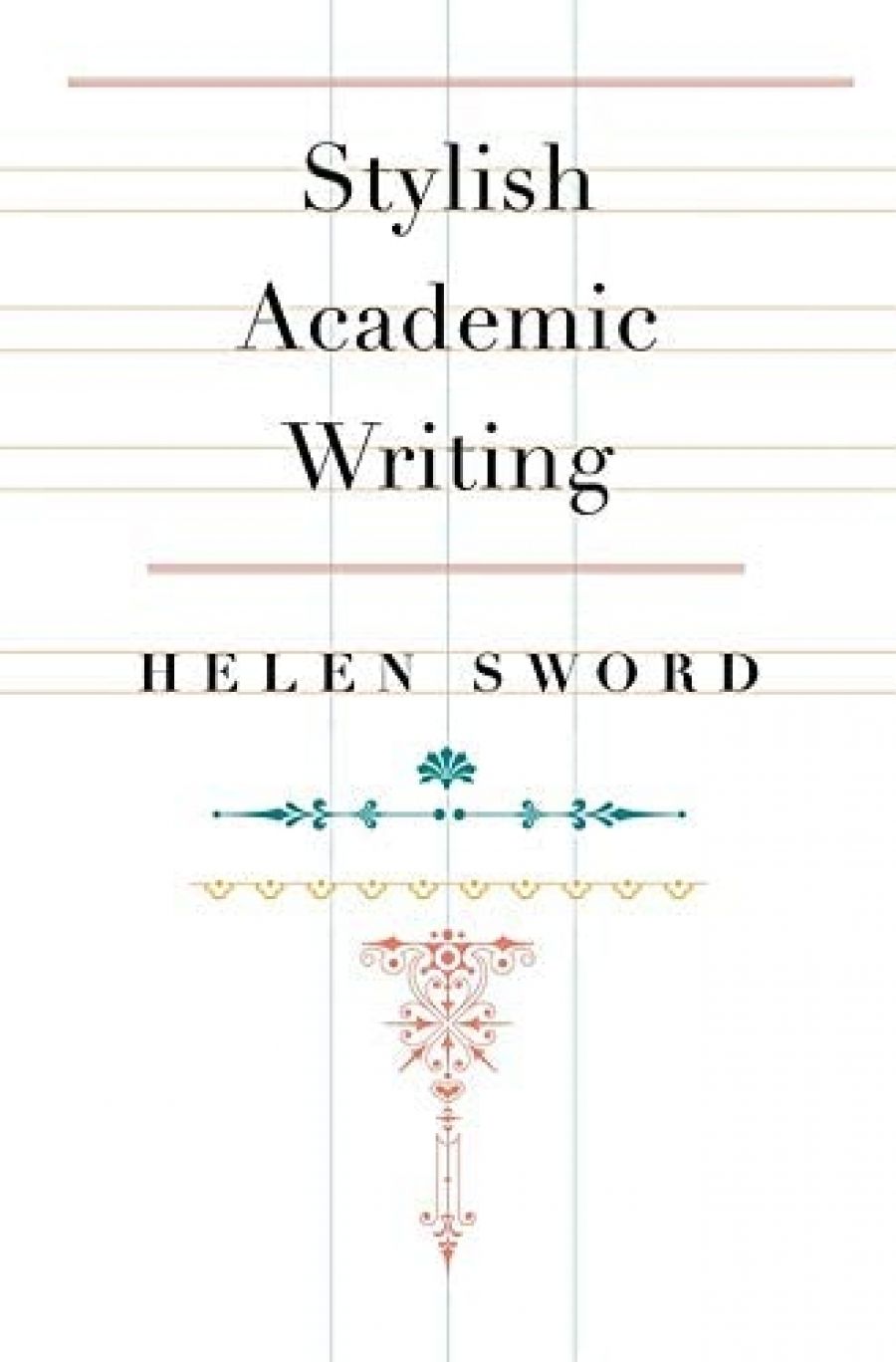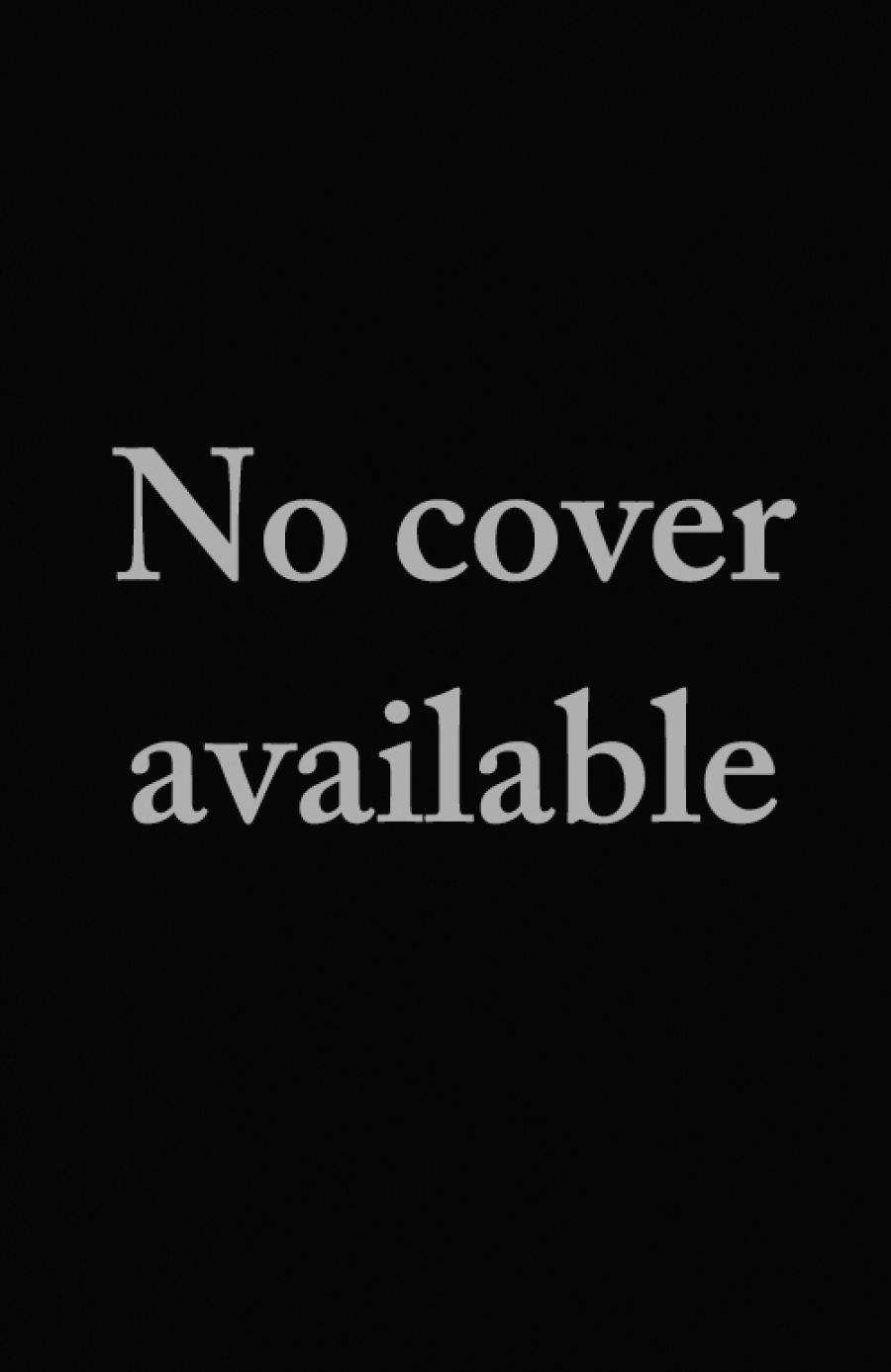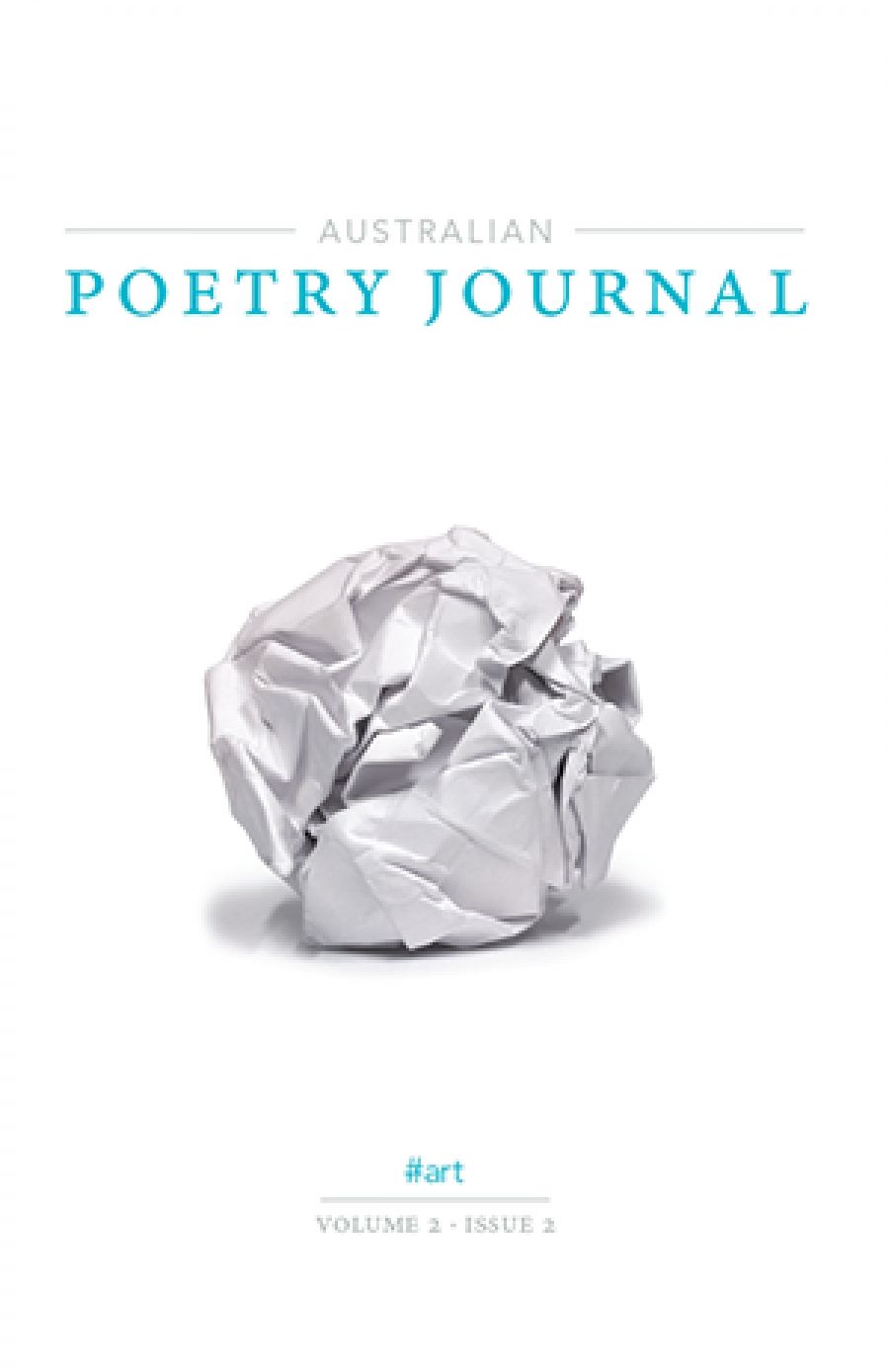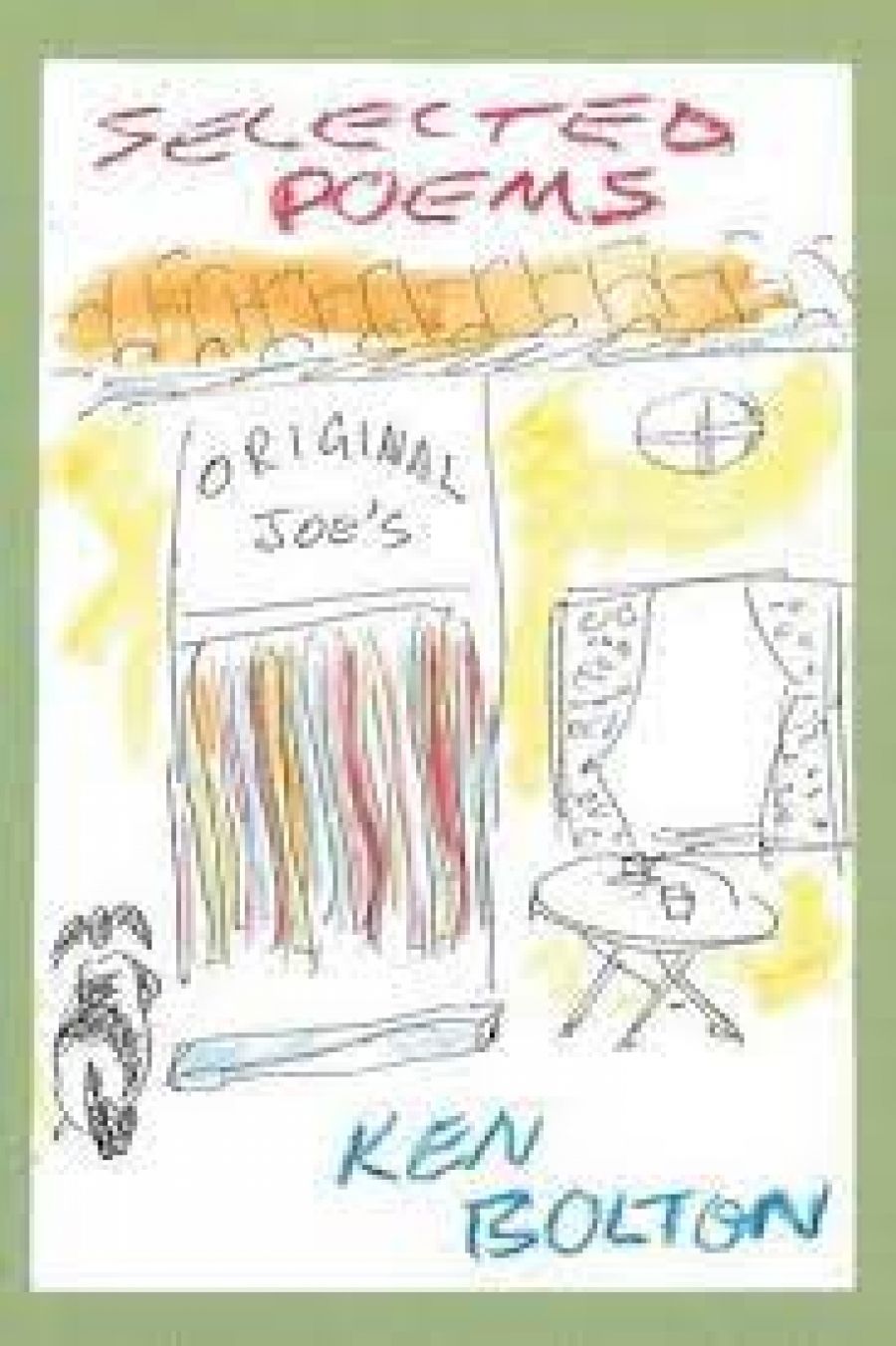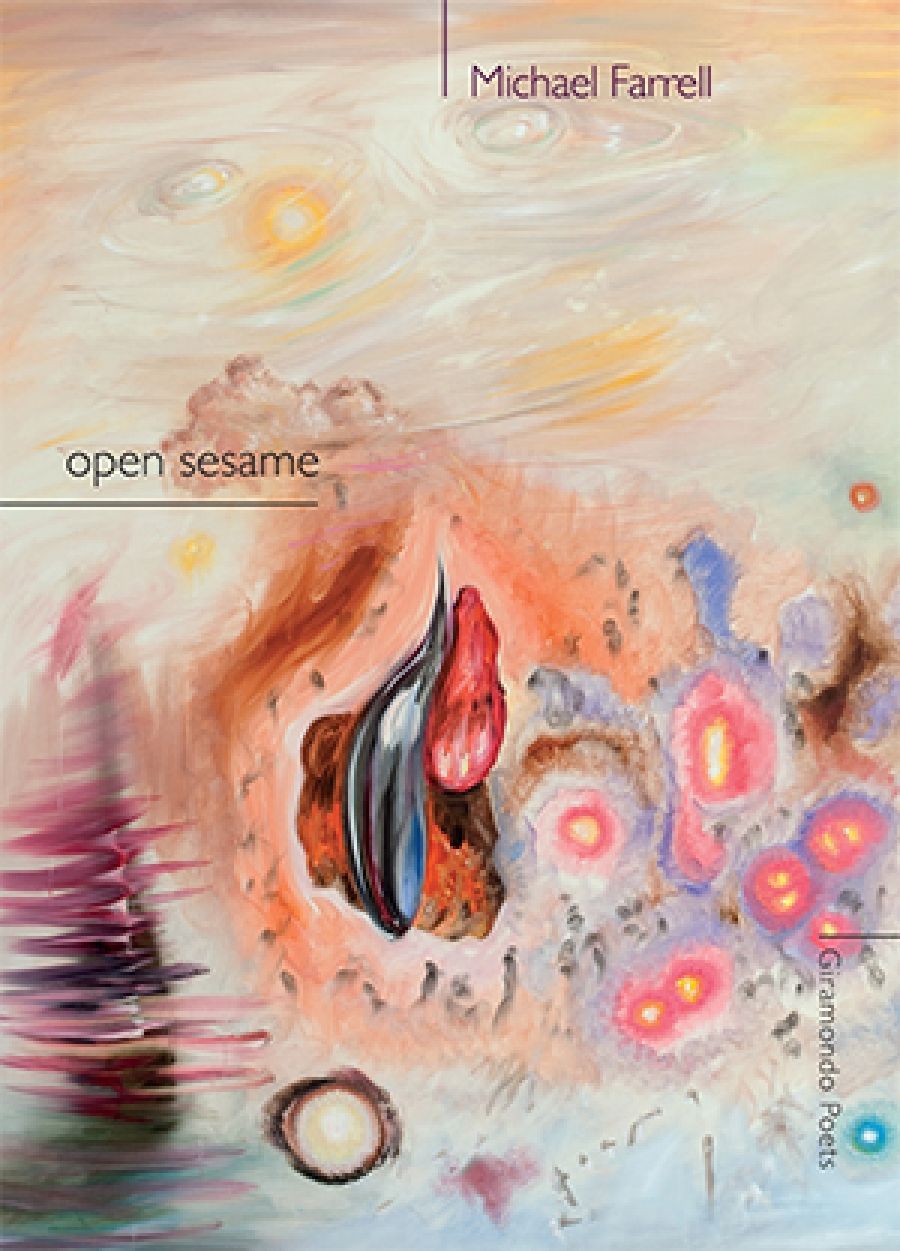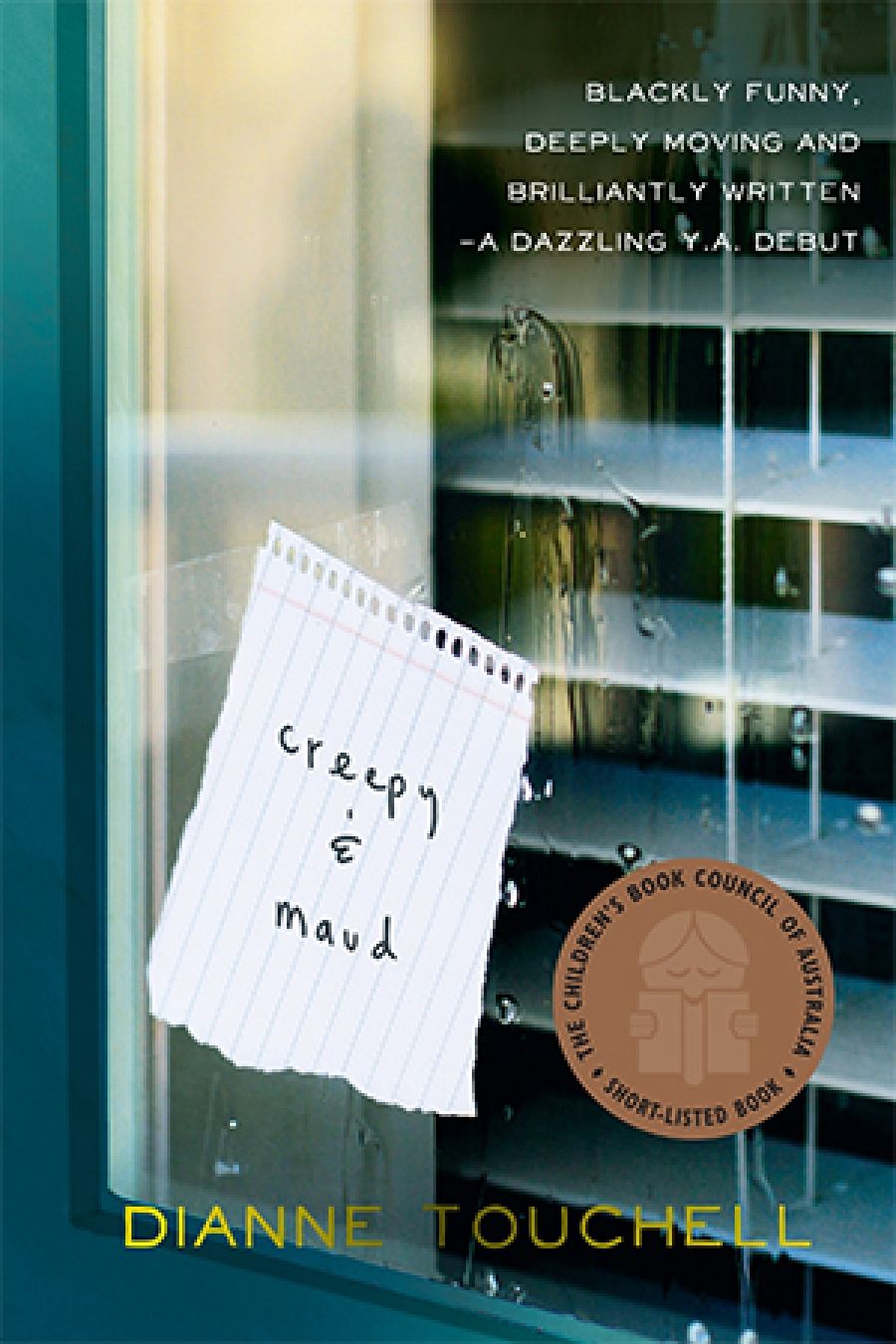‘Too many vampires,’ wrote Patrick White. The year was 1980; the document was a letter to Shirley Hazzard; the subject was their friend and fellow novelist Elizabeth Harrower, who had published nothing but a handful of uncollected short stories since 1966. ‘Elizabeth keeps her principles,’ he wrote. ‘Whether she is also writing, I have given up asking in case I get the wrong answer. Too many vampires make too many demands on her …’
Born in 1928, Elizabeth Harrower has published four novels: Down in the City (1957), The Long Prospect (1958), The Catherine Wheel (1960), and finally, in 1966, the novel that most people consider her best. The Watch Tower was published when she was still only thirty-eight, an age at which White himself had produced only three novels and had his own best work still ahead of him. We know that Harrower continued to write; she has said so in several interviews. What she did not continue to do was finish novels and publish them.
The vampires, or someone very like them, turn up again in a detailed and sympathetic profile of Harrower by journalist Gay Alcorn (SMH, May 6 2012), published after The Watch Tower, out of print for a long time, was reprinted earlier this year in Text Publishing’s ‘Text Classics’ series. ‘My friends thought I let other people waste my life,’ says Harrower. ‘They would try to pressure me to keep writing, which should have been encouraging, but I wasn’t easy to save.’ Who these ‘other people’ might be is never explained. ‘Writing has to matter more than anything else,’ she says, ‘and other people don’t like being abandoned. Other people have an interest in your not writing.’
A number of themes and subjects recur throughout Harrower’s first three novels: broken families, oppressed women, emotional sadism, force of circumstance, and claustrophobia both physical and psychological. Down in the City tells the tale of a motherless girl from a well-off Sydney family who finds herself in sexual thrall to a rough-mannered, violent businessman making a flashy, dodgy living. The Long Prospect is a brilliant evocation of 1950s life in a provincial Australian city, with a villain who is, like all Harrower’s villains, complex: the fiftyish Lilian is ruthless, materialistic, destructive, and cruel in her dealings with other people, devoid of an inner life of any kind but full of an instinctive, unmanageable vitality. In The Catherine Wheel, Harrower shifts her stage to the world of London bedsits and returns to the theme of the woman enmeshed in a toxic relationship with a lover.
The Watch Tower has elements of all three previous novels. Sisters Laura and Clare Vaizey are abandoned and left to their own devices by their frightful mother, Stella – mothers, in Harrower’s work, are all either dreadful or dead – when Laura is twenty-one and Clare still only fourteen. Laura goes to work for a businessman called Felix Shaw and marries him in what she seems to see as an extension of her duties as an employee; she barely knows him, has no feelings for him, and is bemused by his proposal, but is grateful for the prospect of some domestic and financial security for herself and her little sister, and is anyway an appeaser by nature and nurture: as Joan London puts it in her thoughtful and vivid introduction to this edition, Laura has been ‘groomed for victimhood’.
Felix turns out to be a sadistic drunk with a weakness for younger men and a gift for what the divorce courts used to call mental cruelty: as his wife observes, ‘he could only take pleasure in tearing people’s wings off’. The lovely house that he buys in suburban Sydney is, like his occasional affability, a façade. So intense is the psychological drama played out behind the walls of this pretty domestic prison that World War II takes place only in the background of the characters’ lives, but Harrower uses it to emphasise the couple’s isolation from other people and the main concerns of the society in which they live. She also uses it to mark the passage of time, while Hitler, of course, is to hand as a symbol of the violent and unreasoning domestic dictatorship under which they live. It is an accomplished and sophisticated novel of great power and intensity, but, as with most good psychological realism, the reader approaches the final pages with a sensation of exhausted, bruised relief. Harrower herself calls it ‘excruciating’.
One of Felix’s young men sees through him early in the book, making him a gift of a large and unusual figurine:
The china figure, fifteen inches high, represented a swarthy turbaned man wearing rich robes of red and blue, in the act of drawing a long assassin’s knife from the low-slung girdle at his waist.
‘Bluebeard!’ Felix cried. ‘Me! Peter said it reminded him of me.’ He held the small dark china face close to his own and assumed a terrible leer.
This is where the novel gets its title. As London points out, it recalls the title of Bob Dylan’s ‘All Along the Watchtower’, released the year after Harrower’s novel was published, whose opening line is ‘There must be some way out of here.’ But Harrower’s watchtower is the one in ‘Bluebeard’, where the younger sister keeps watching the outside world in search of rescue, while the doomed wife calls out desperately from below: ‘Sister Anne, Sister Anne, do you see anyone coming?’
You need to read the novel in order to understand fully the sisters’ psychological impasse, but the claustrophobia of this novel is not only emotional and interior; the house that Laura keeps preternaturally clean is Felix’s property and Felix’s domain, in the pre-feminist Australia of the 1940s and 1950s where the availability and type of housing, like so much else, was determined by a rigid view of society as being made up exclusively of nuclear families. This also determines the even more terrible claustrophobia in The Long Prospect, where a single man with a good job must still board in a private house for want of independent living space, and the very idea of a woman living alone in a flat is regarded with deep suspicion. In the interview with Alcorn, Harrower expresses impatience with feminism, which, like many, she appears to regard as the preserve of complaining extremists, but almost in the same breath she expresses impatience with contemporary readers who ask wonderingly why Laura and Clare in The Watch Tower don’t just leave and go and get a job. ‘It’s irritating,’ she says. ‘You really have to put yourself in the time, not judge it from several decades on when you’ve been given untold opportunities. It was a different world altogether.’ What is not acknowledged here is the fact that the ‘untold opportunities’ have been largely the result of the hard work done by feminists over the last forty or fifty years.
Women occupy a prominent place in the history of Australian fiction, but that seems to come in waves. The 1930s and 1940s were a highly productive time for women writers, but when Harrower was publishing in the 1950s and 1960s, the only other female novelists whose work got much critical notice or wide exposure were Thea Astley and the expatriates Hazzard and Christina Stead. By the 1980s, fiction writers of Harrower’s generation were getting a new lease of life from the forces of second-wave feminism, and such writers as Astley, Elizabeth Jolley, and Olga Masters flourished in the changed conditions. It is ironic and sad that Harrower, who would likewise have benefited from this kinder climate, should have found herself unable to publish any more novels.
She did, in fact, finish one more novel after The Watch Tower. Its fate would be regarded by many as incomprehensible now, in an age where ‘being a writer’ is becoming increasingly professionalised and engulfed by the values of a celebrity culture, and ‘getting published’ is generally regarded as the ultimate goal. But there is something heroic in the story she told Jim Davidson, then-editor of Meanjin, in 1980: ‘I did write another novel, and it was accepted by Macmillan’s in London … but I withdrew it very shortly after the letter from the agent accepting it. I really didn’t like it very much. I still don’t regret that.’
